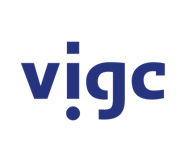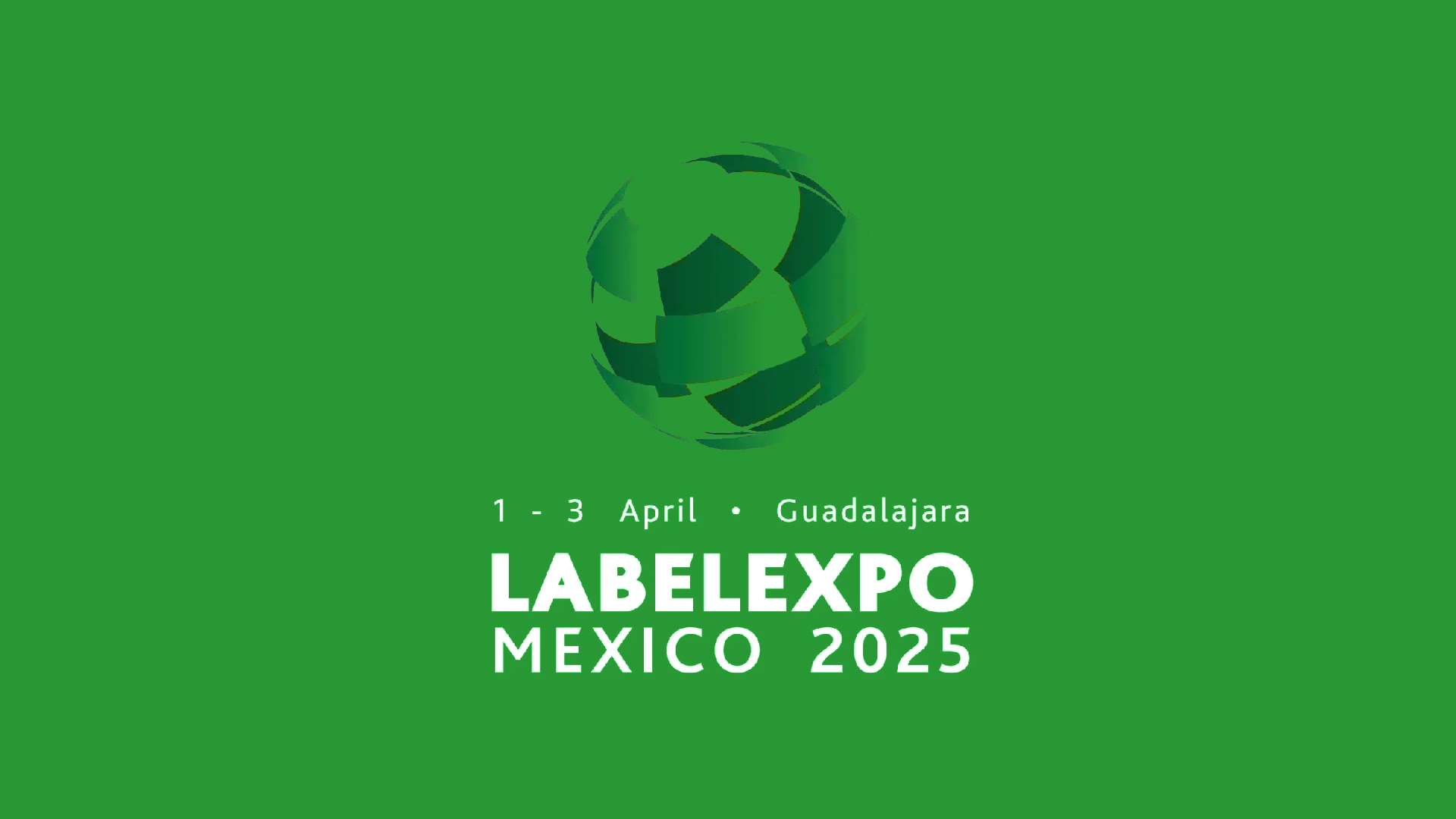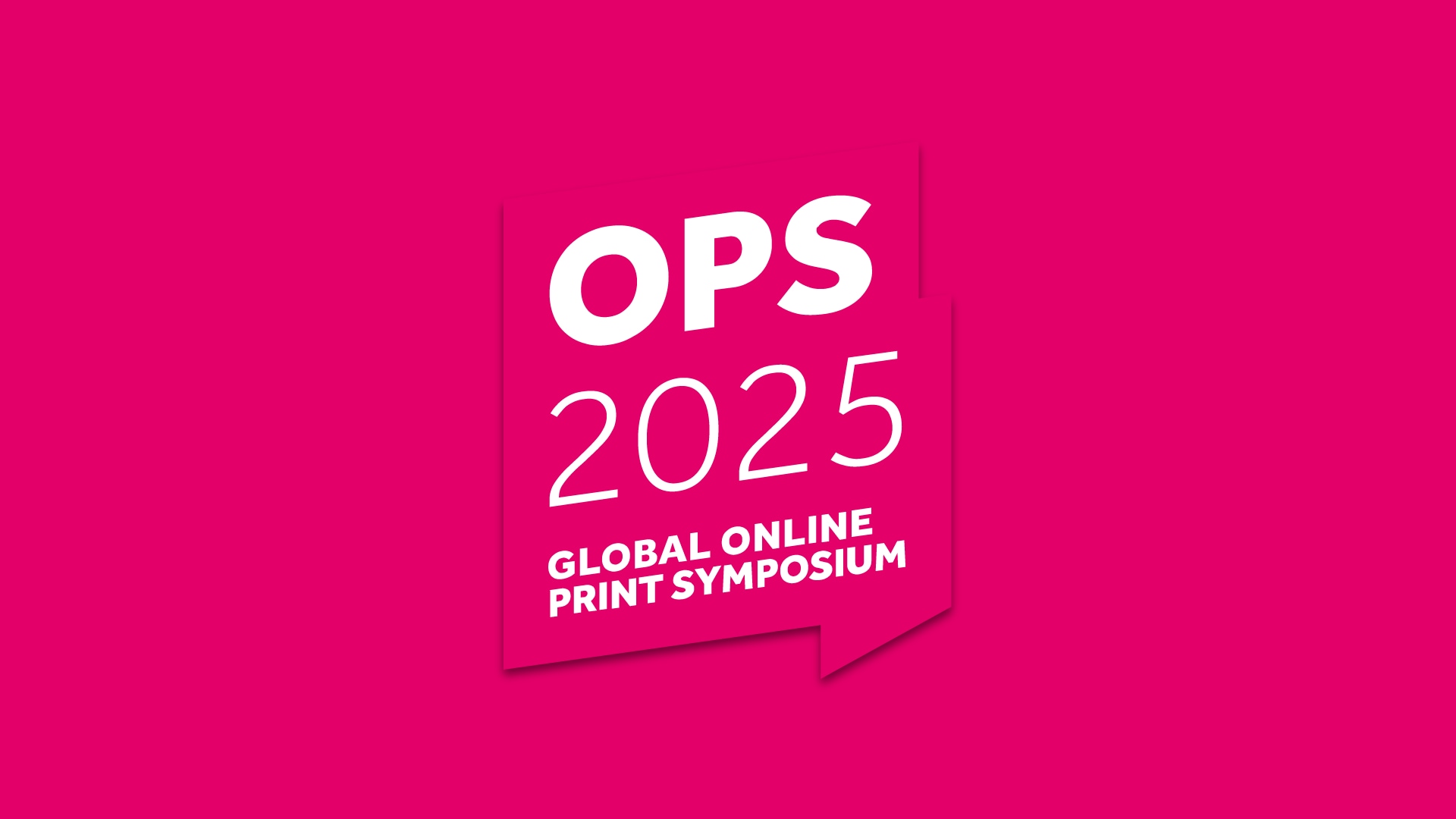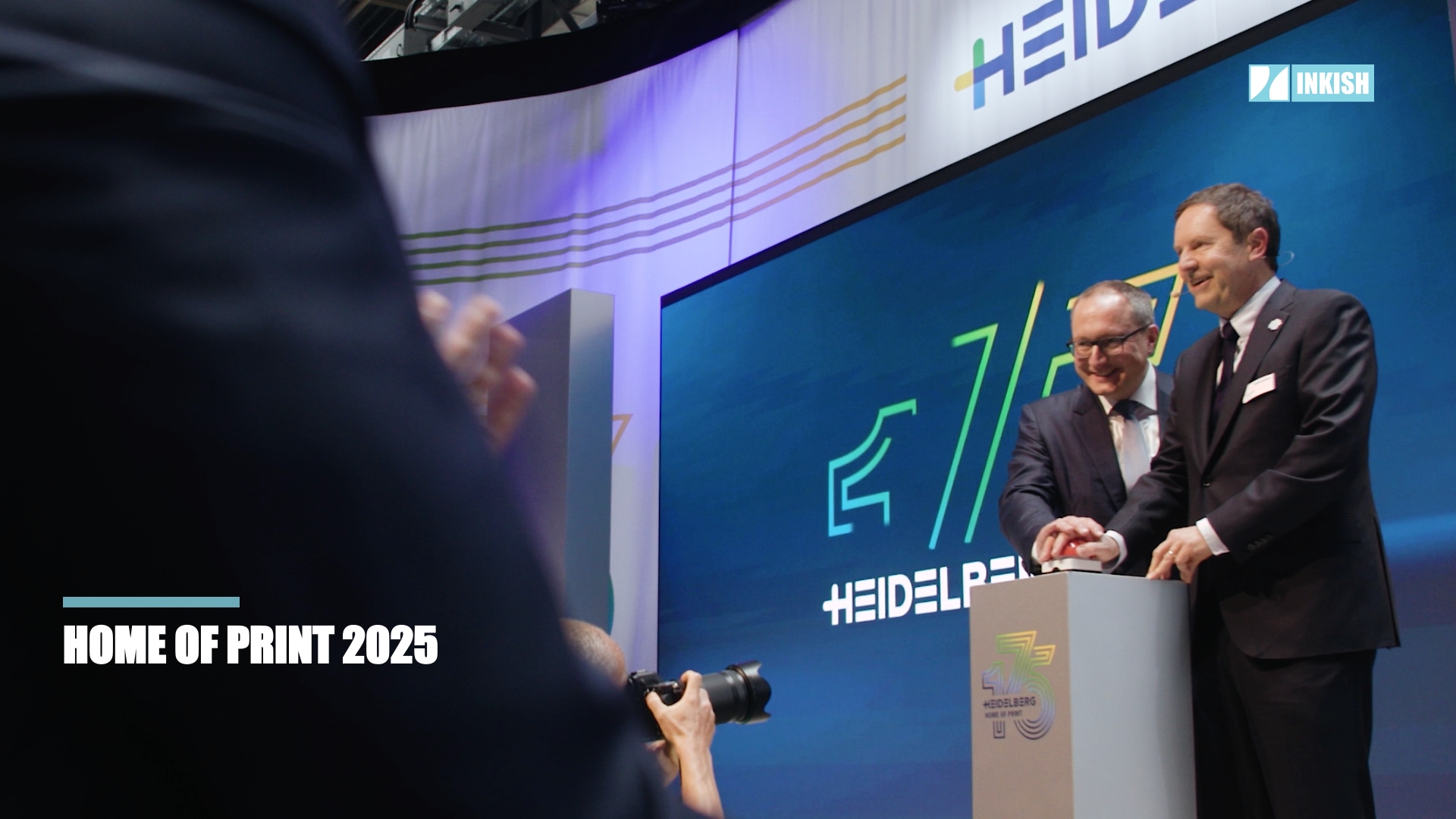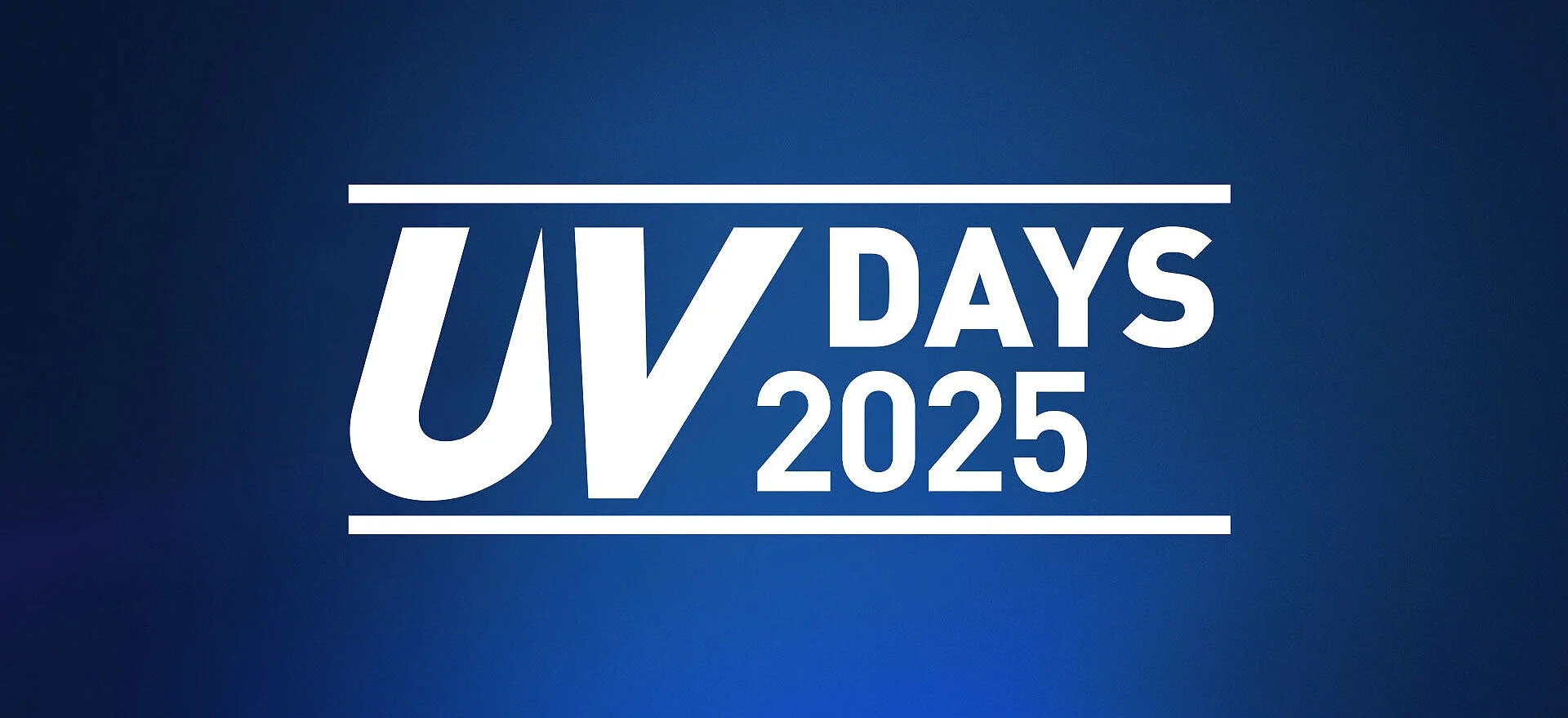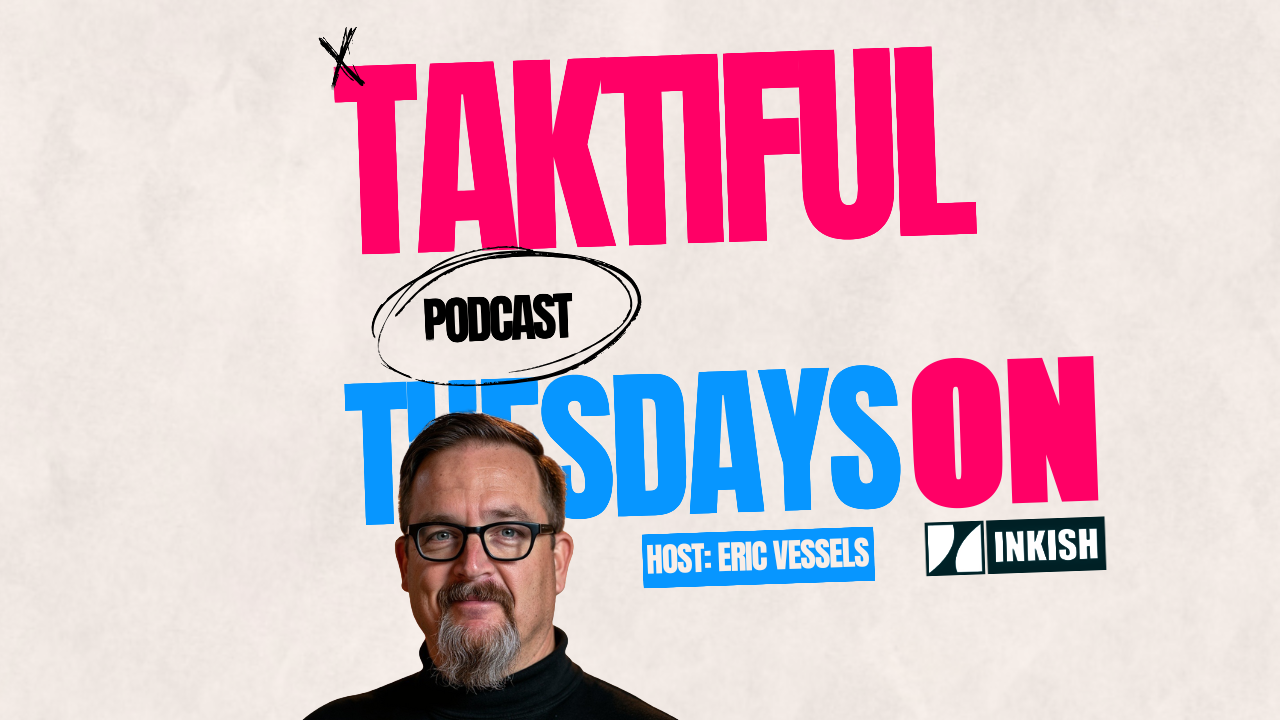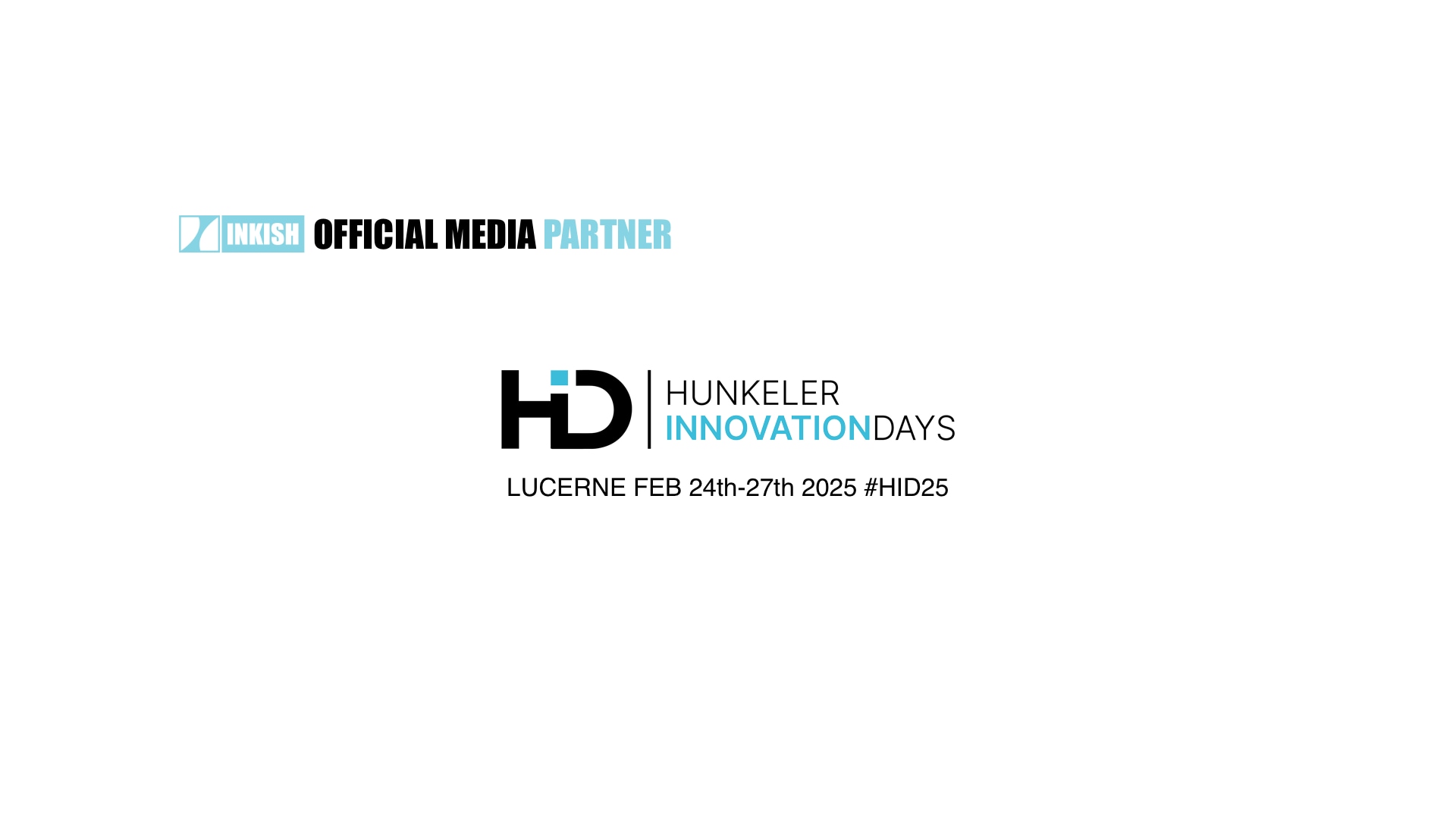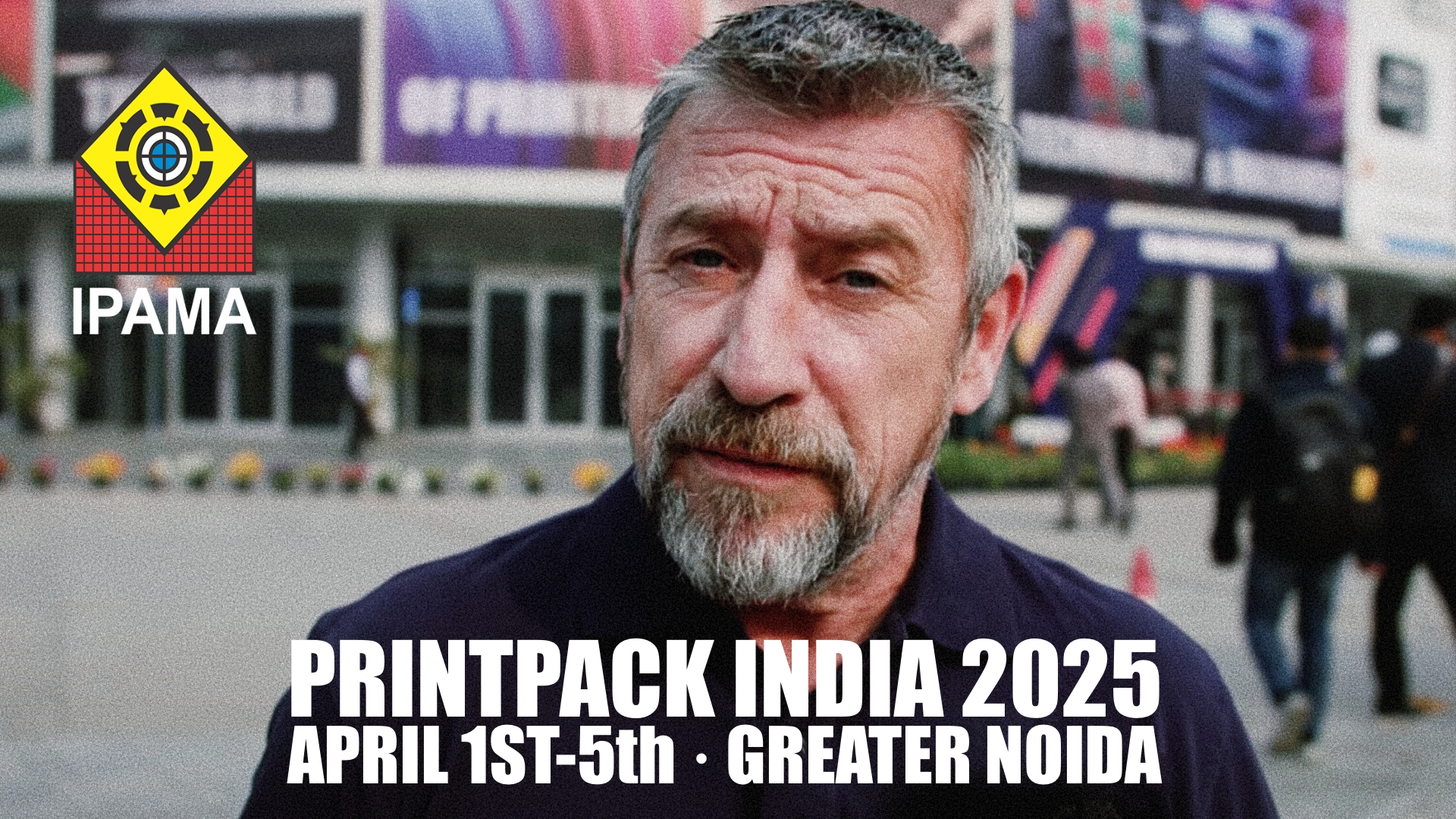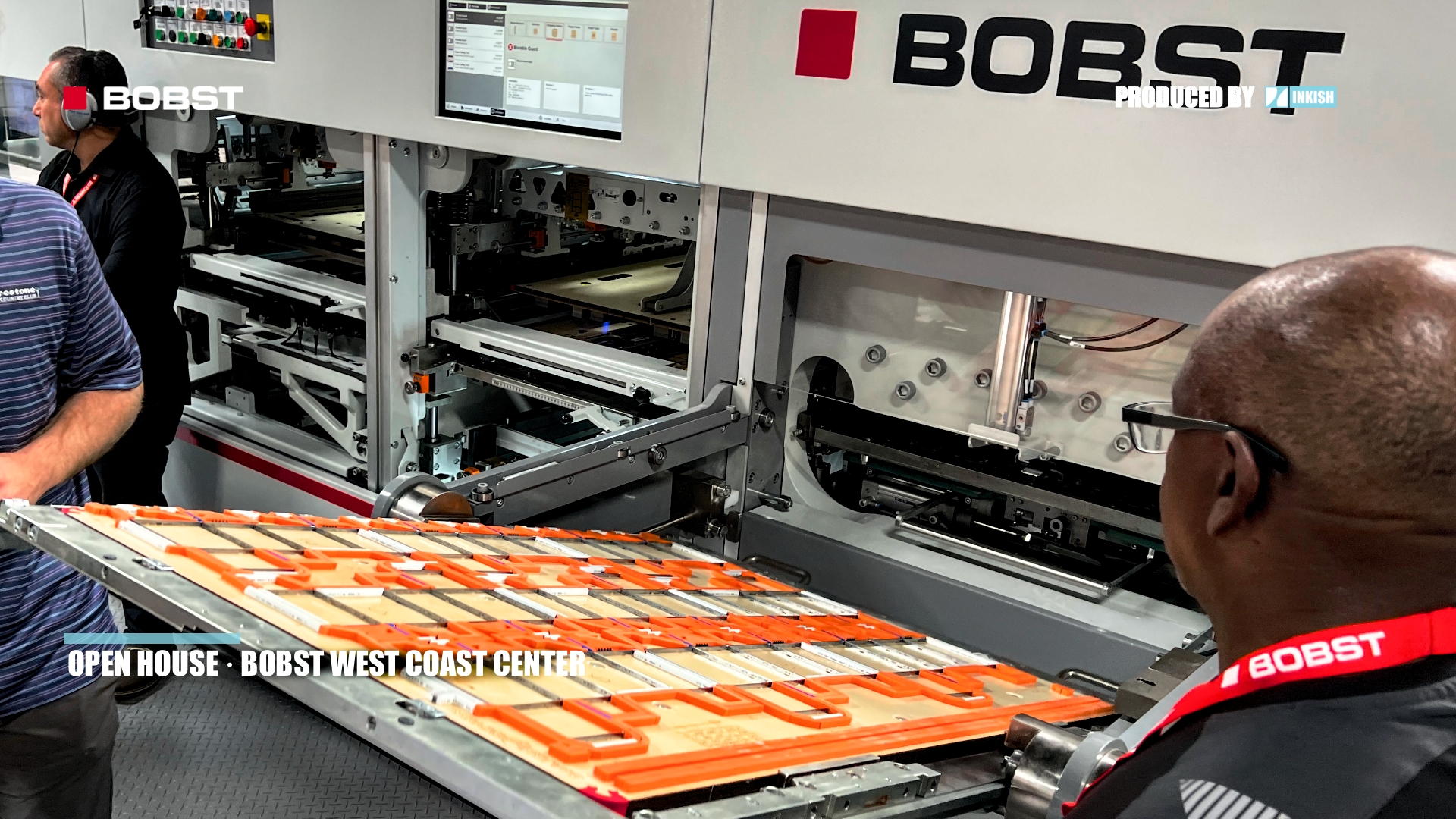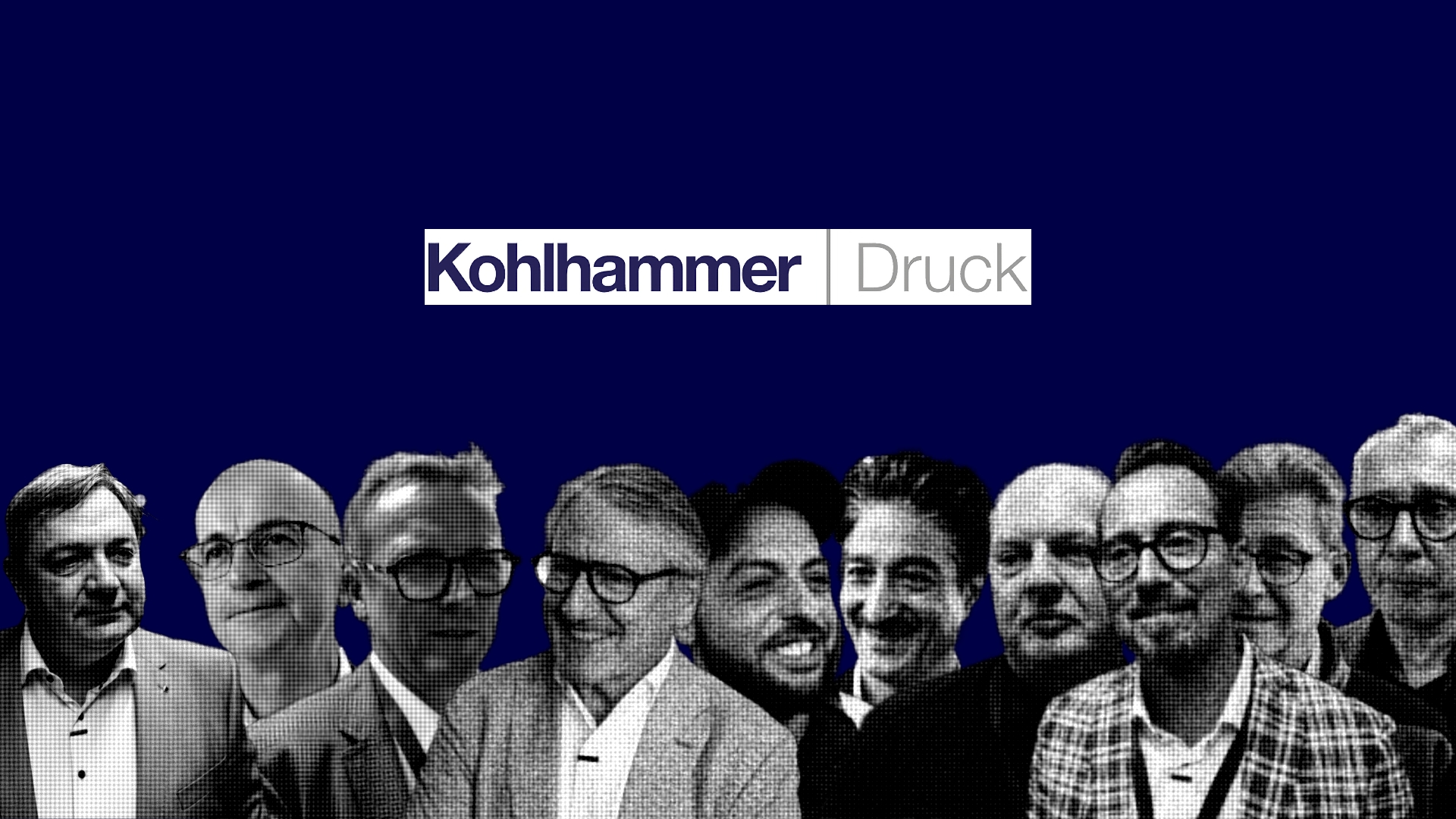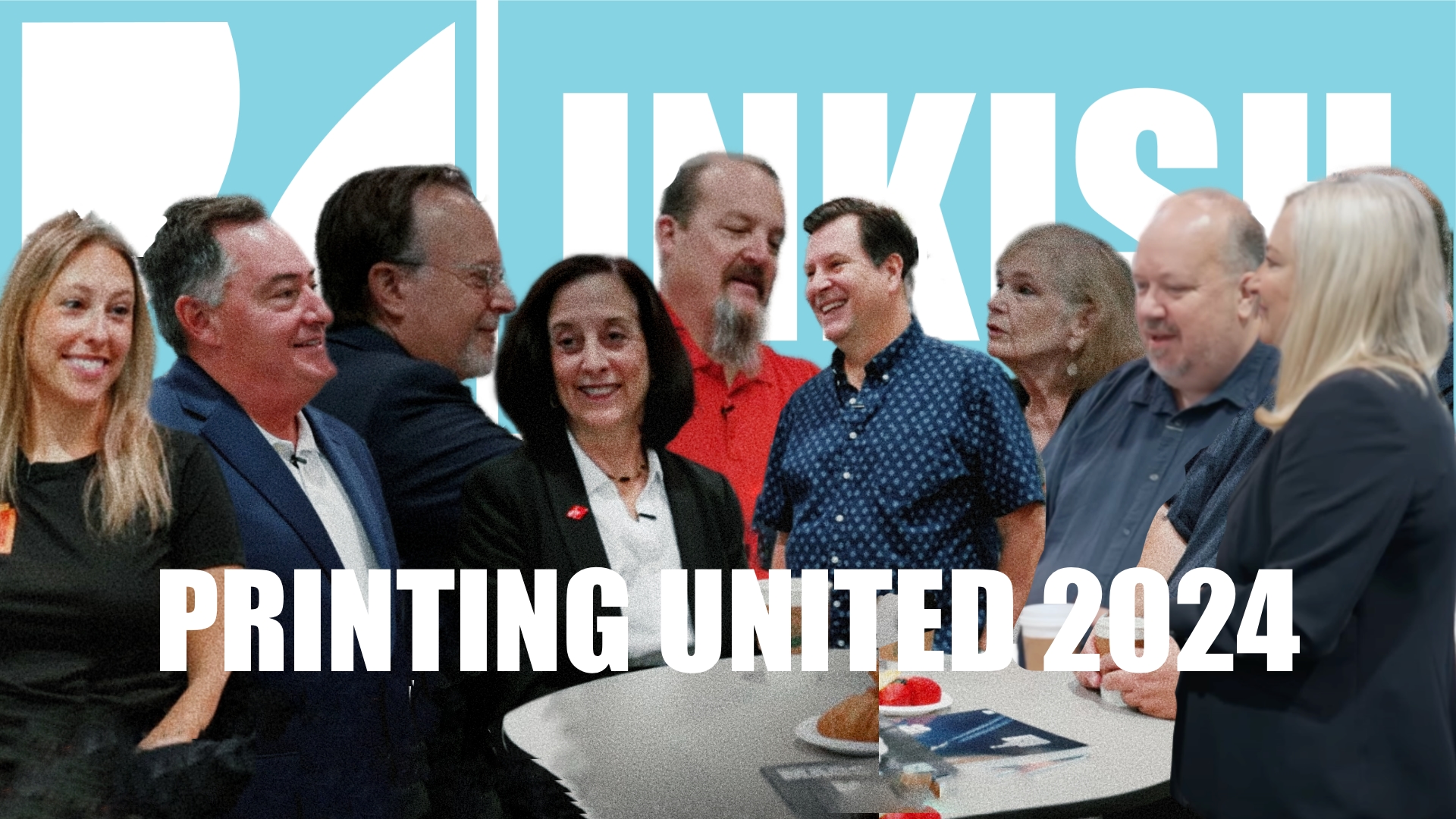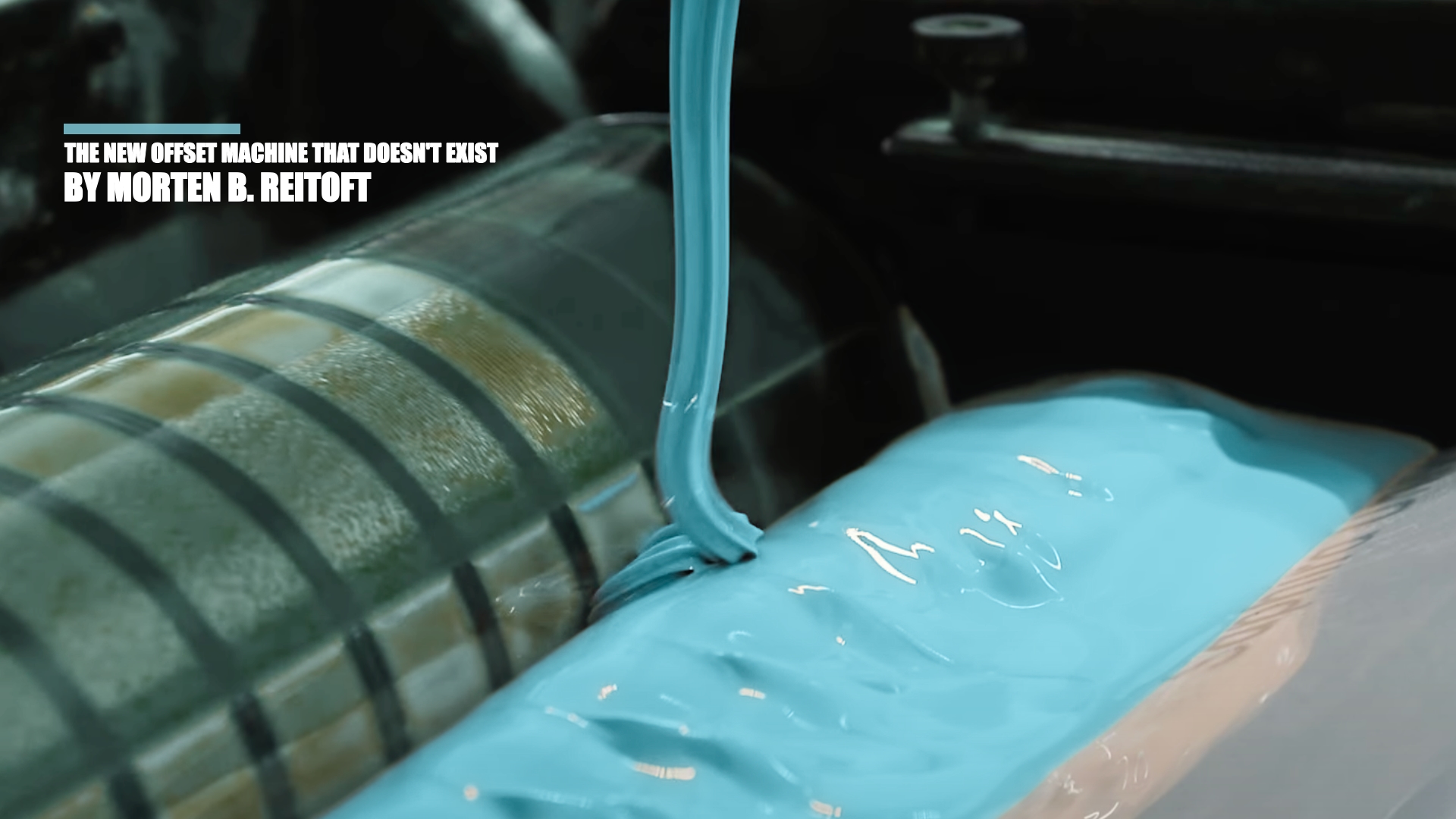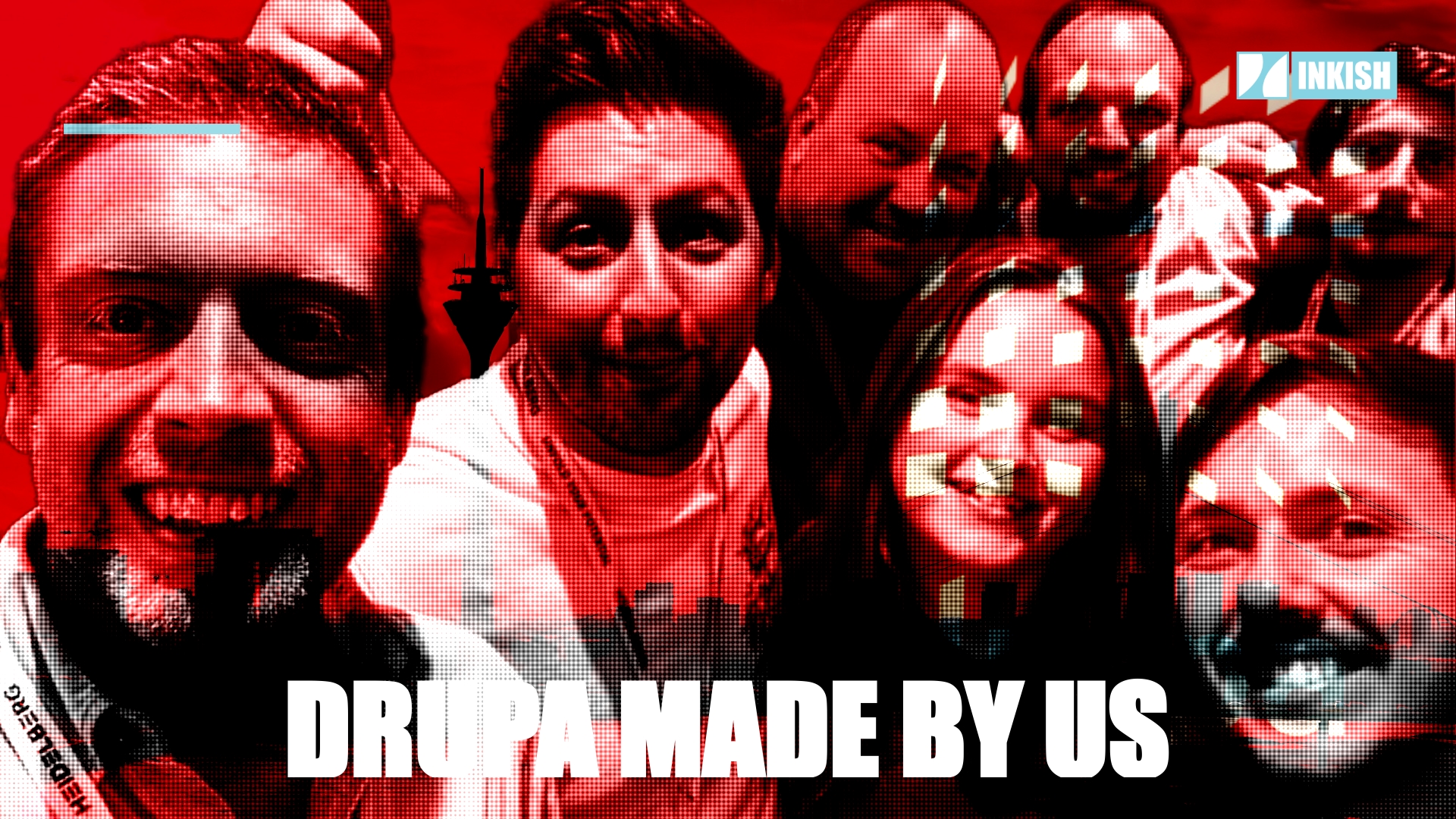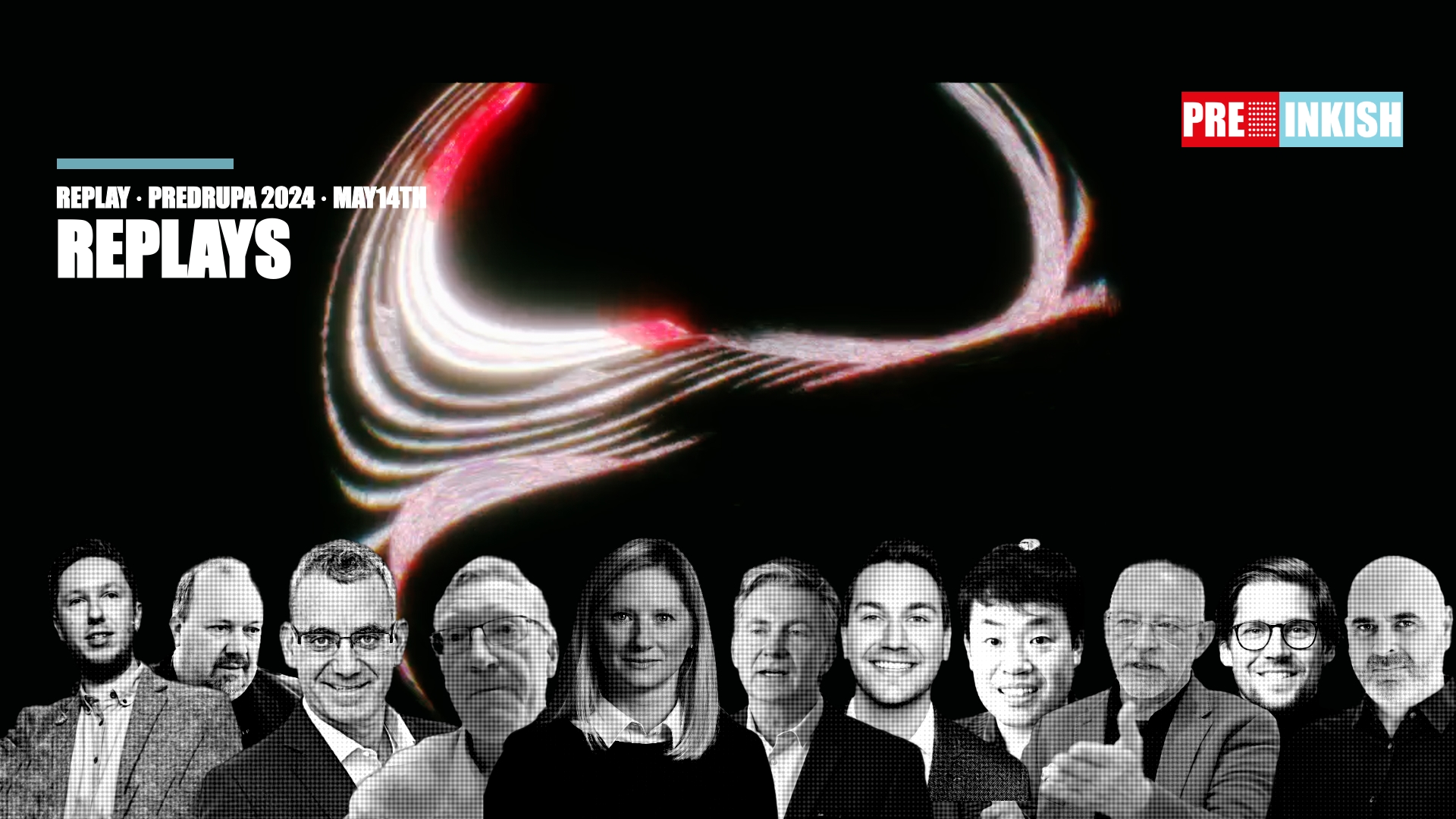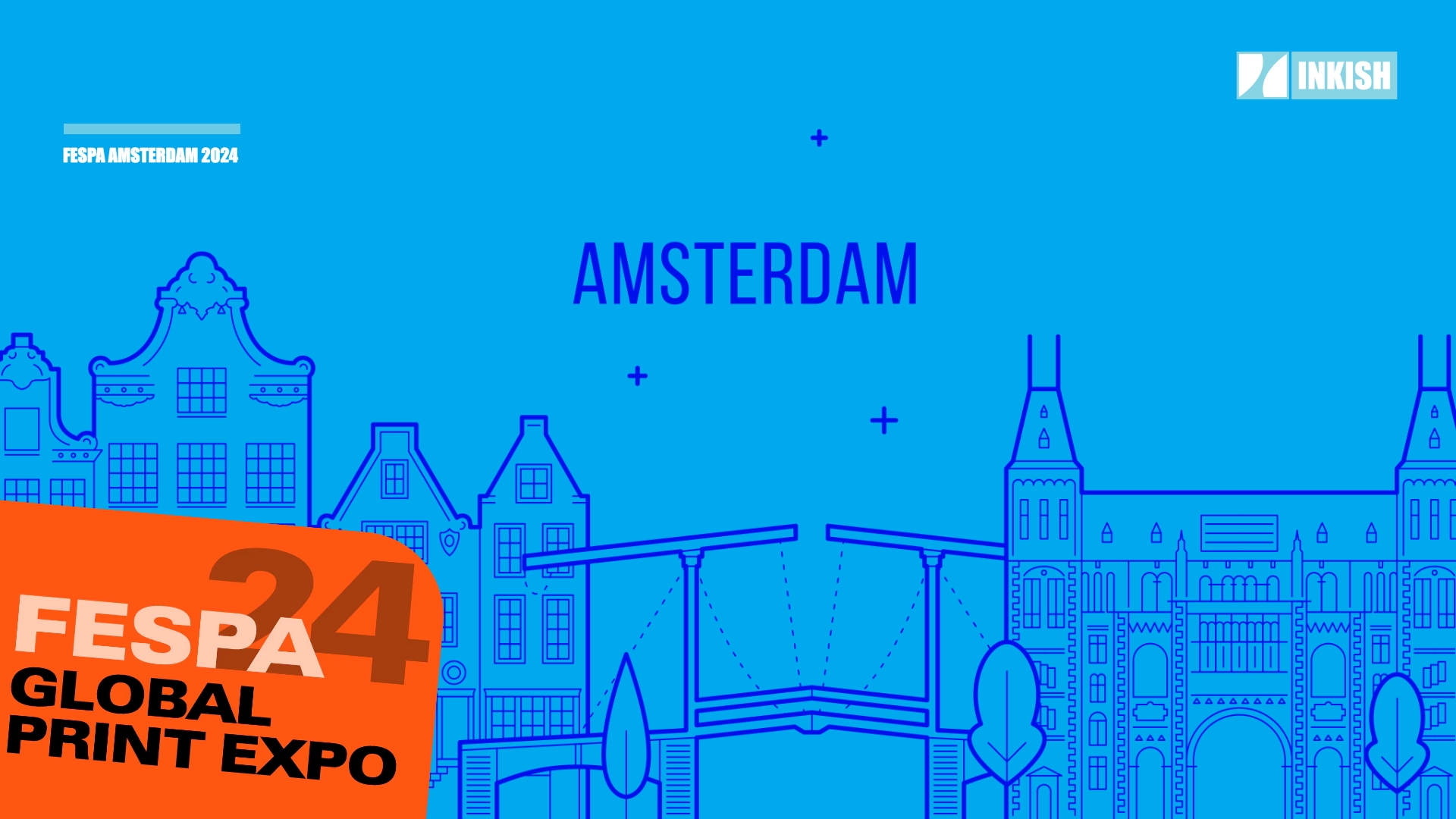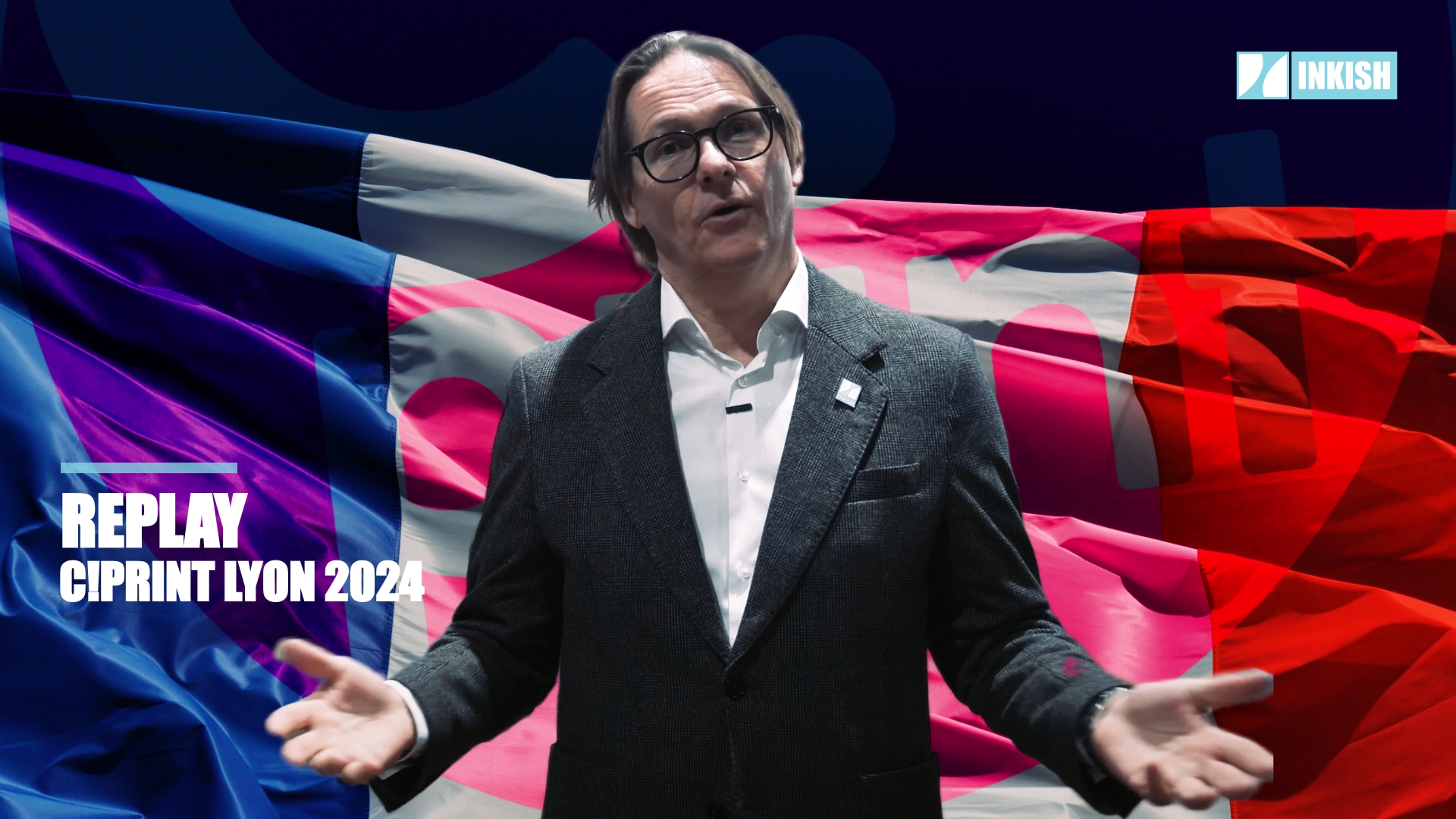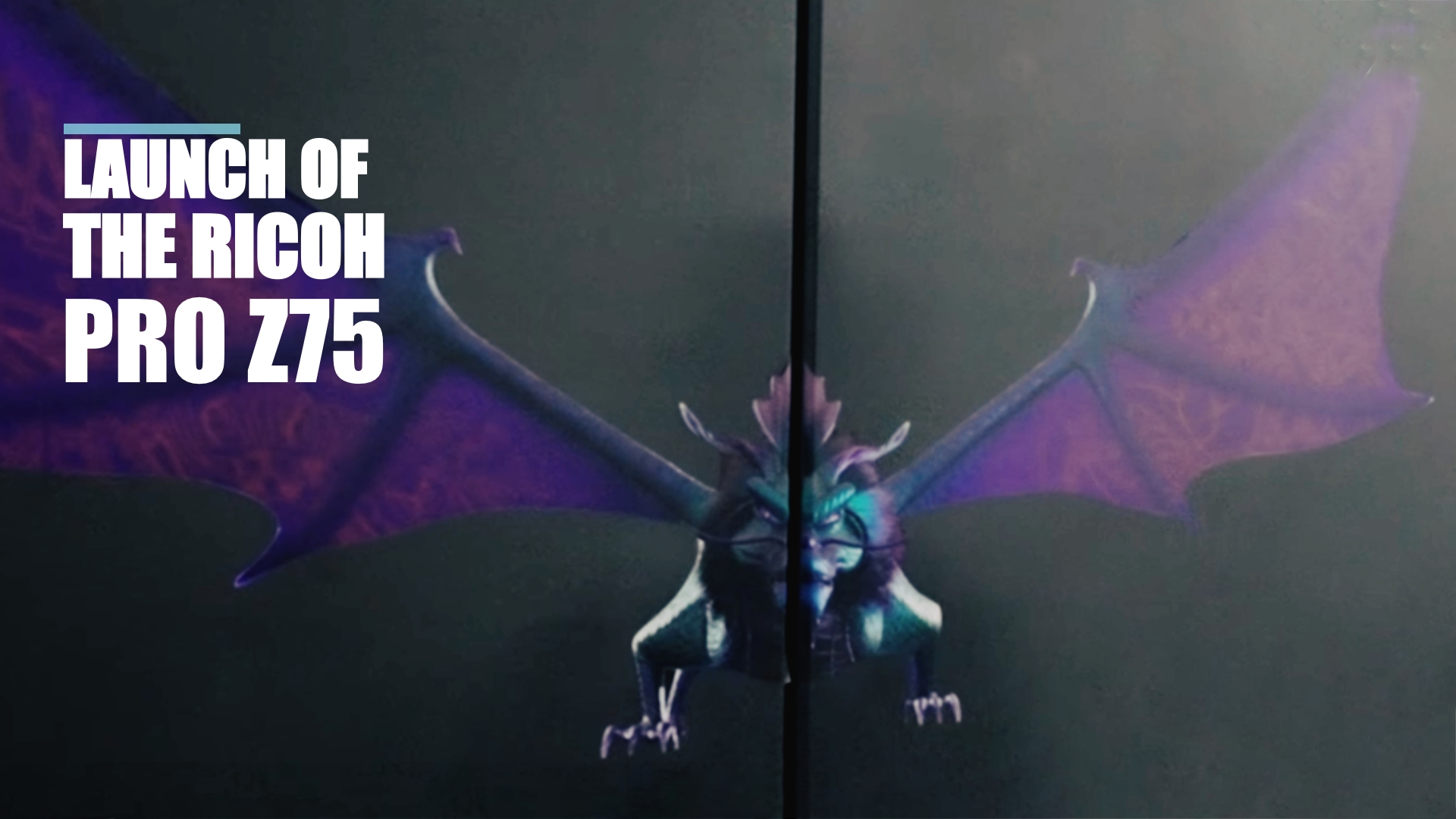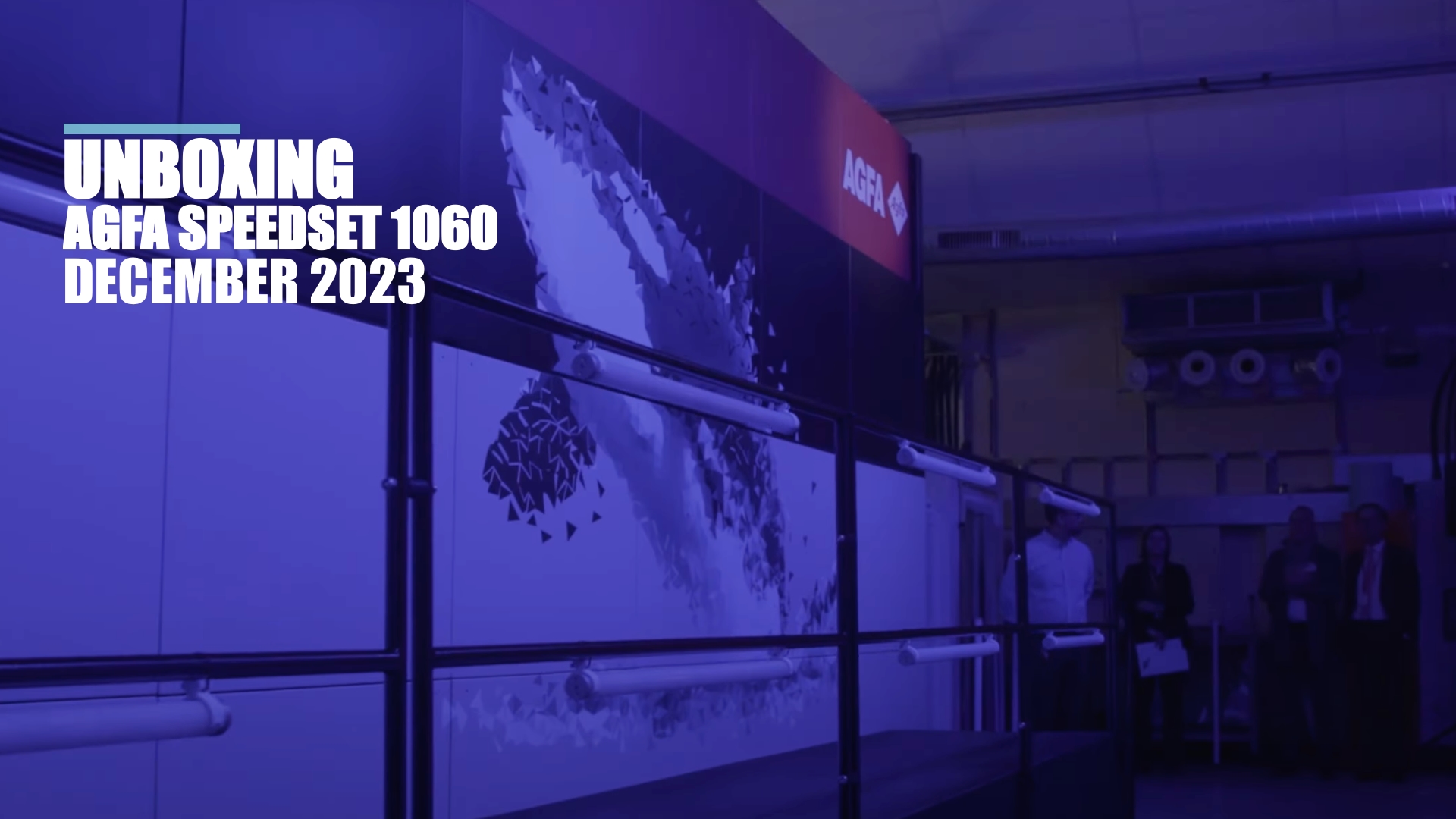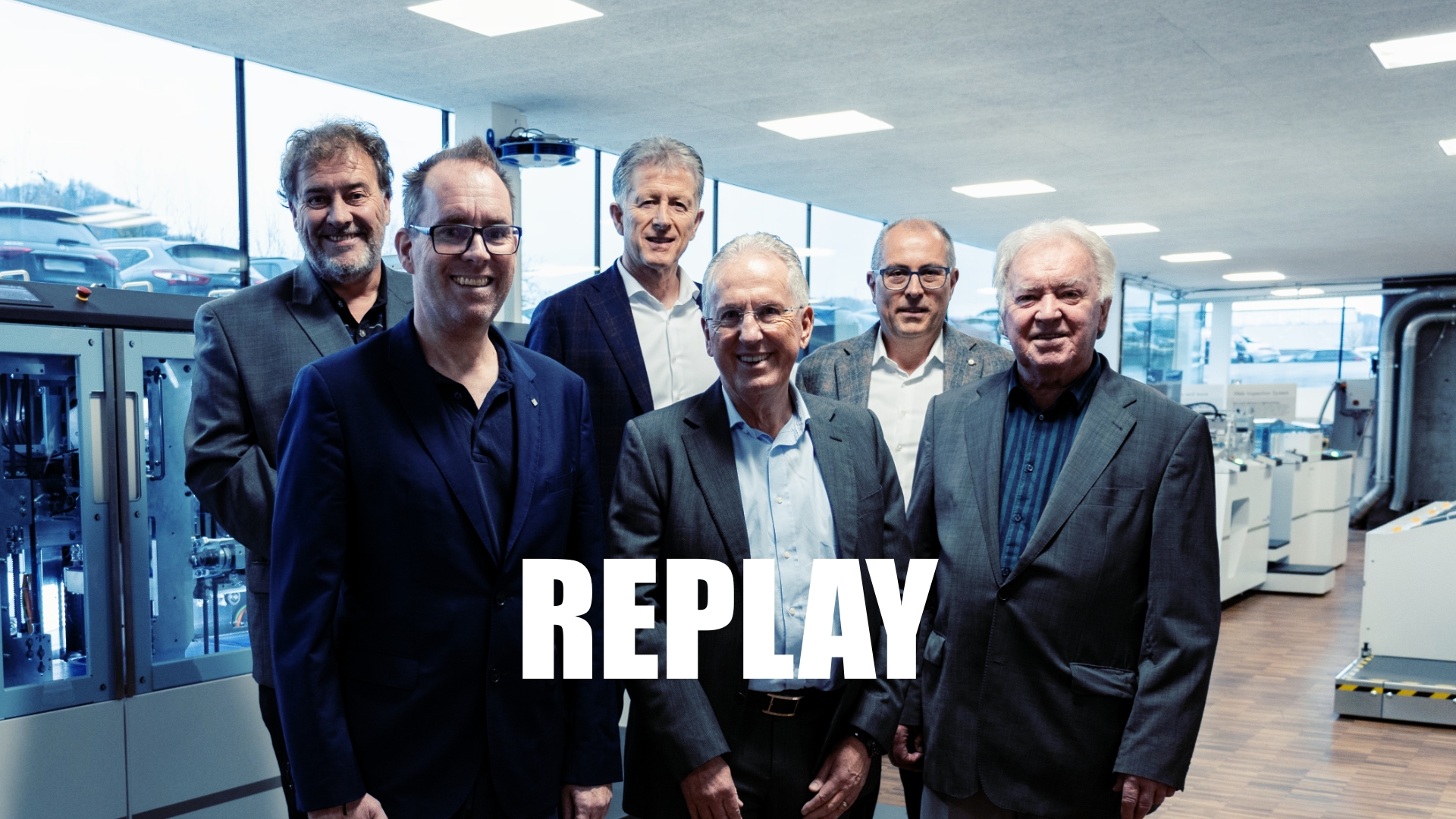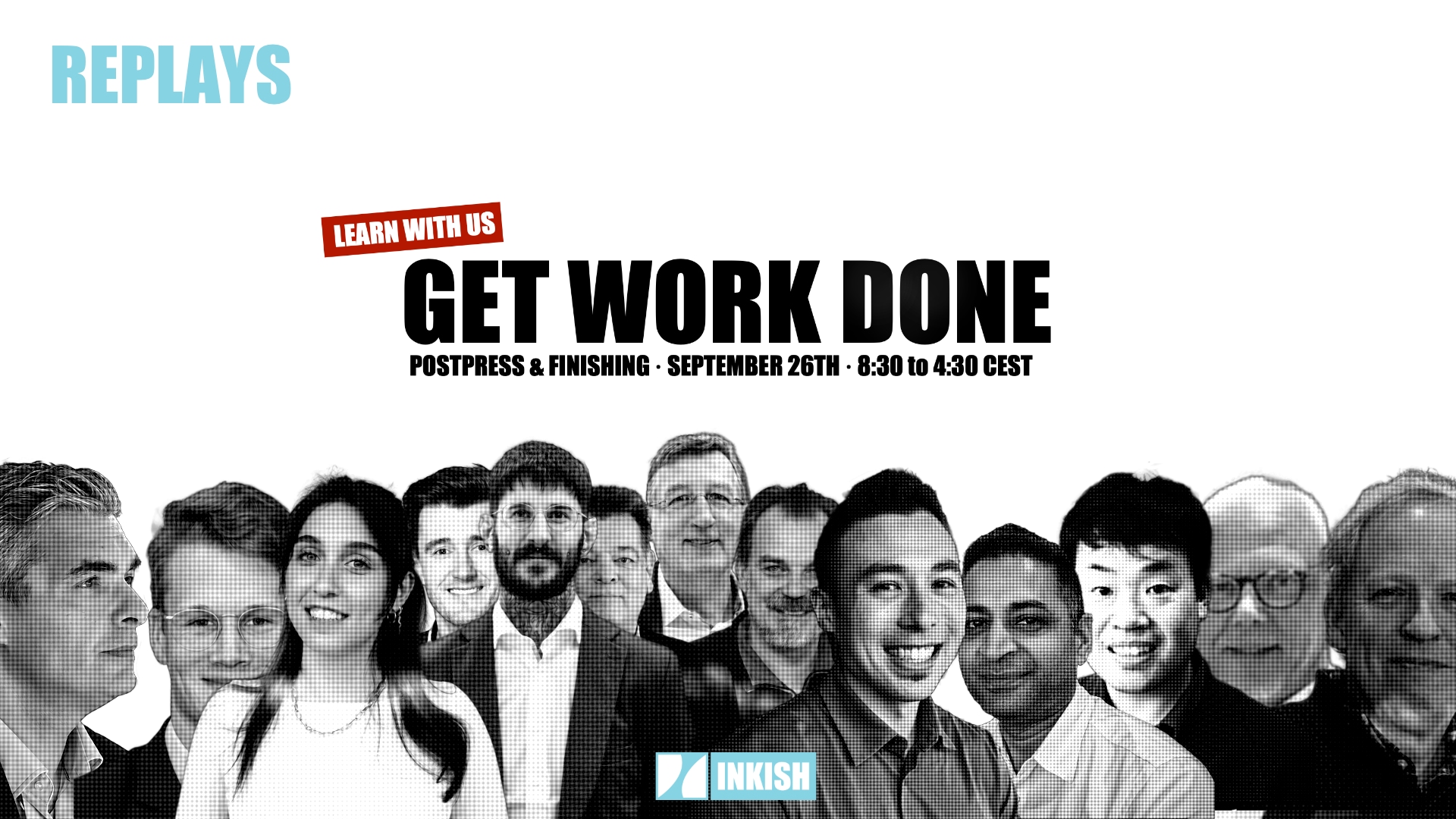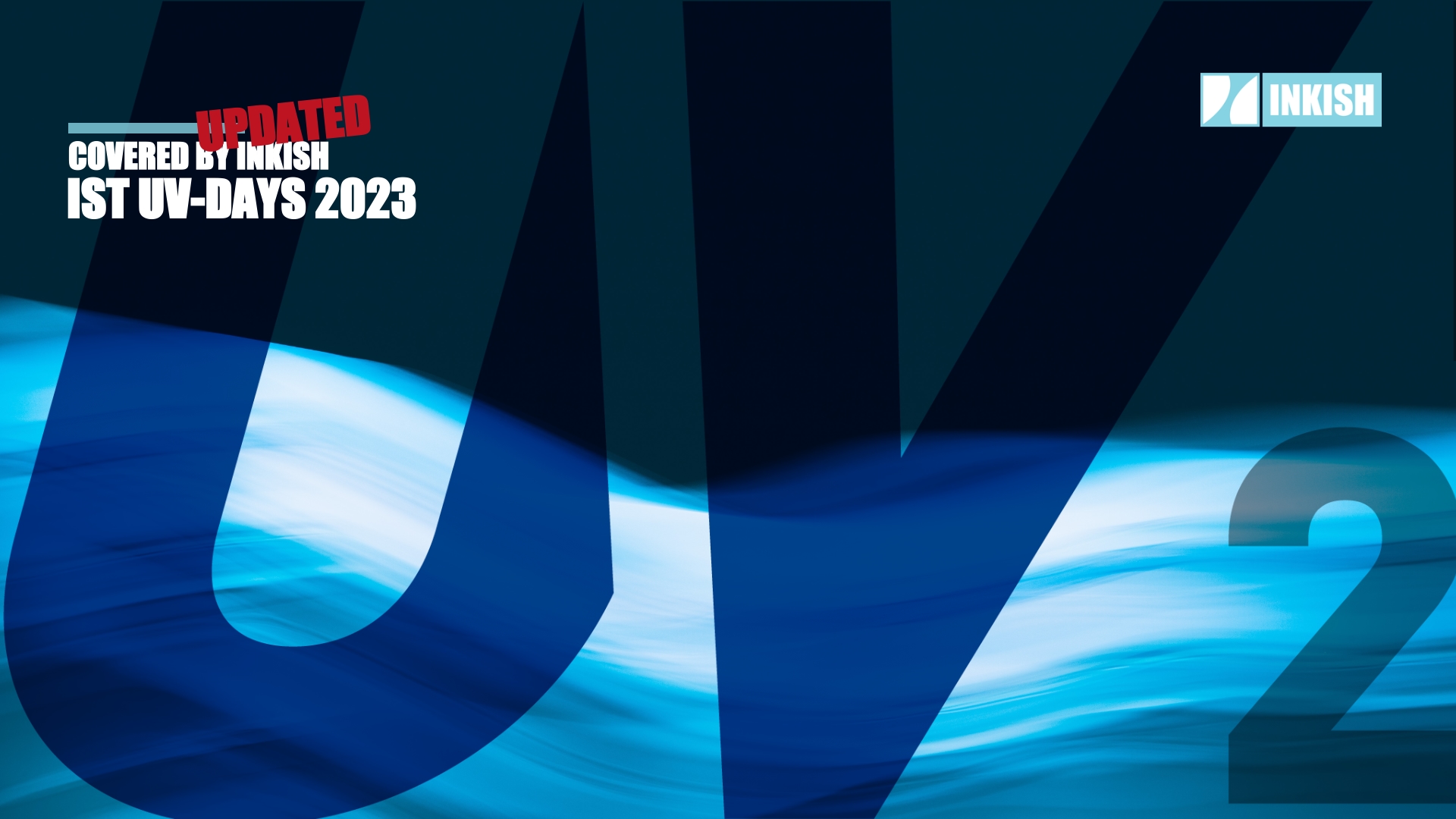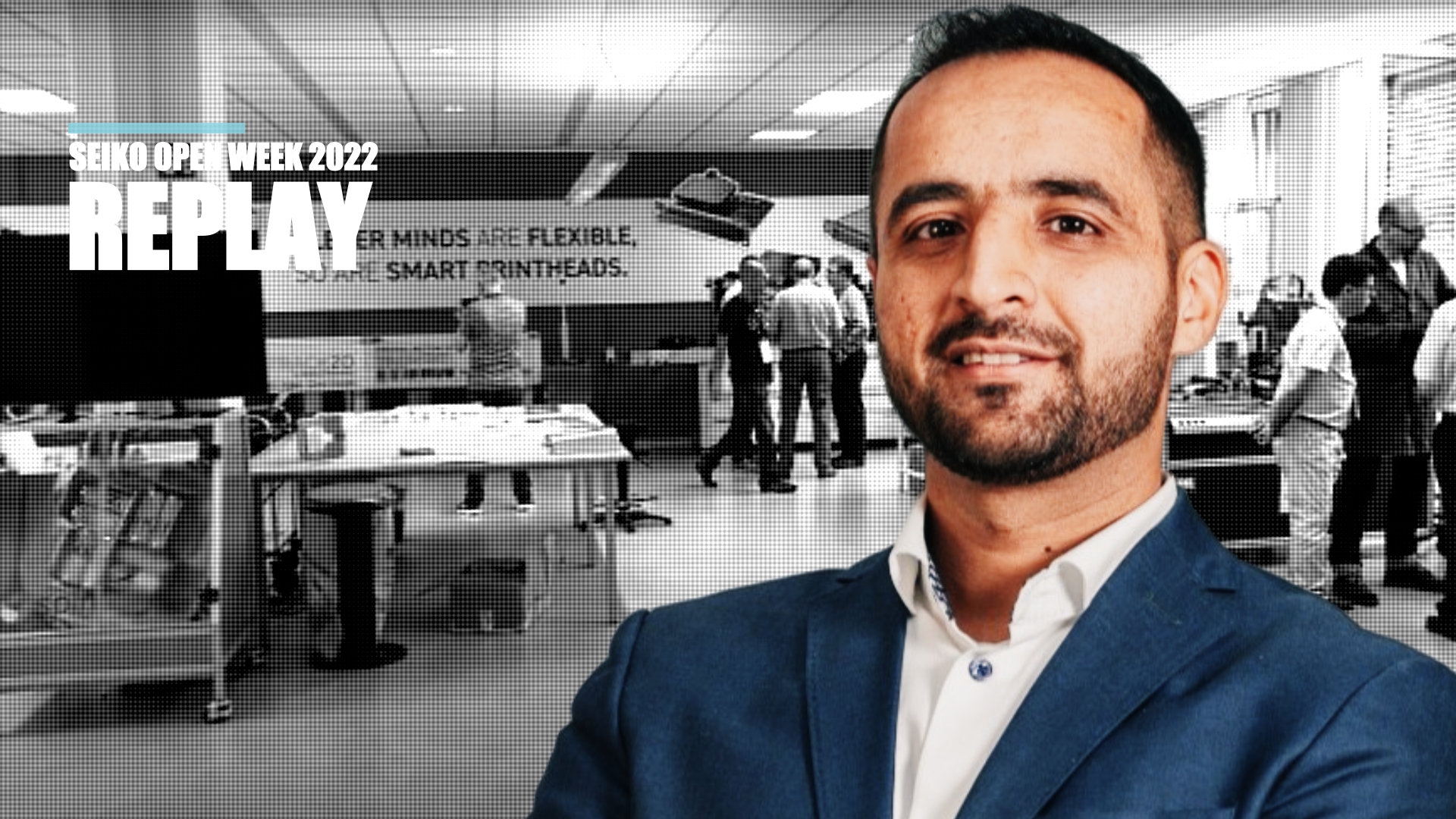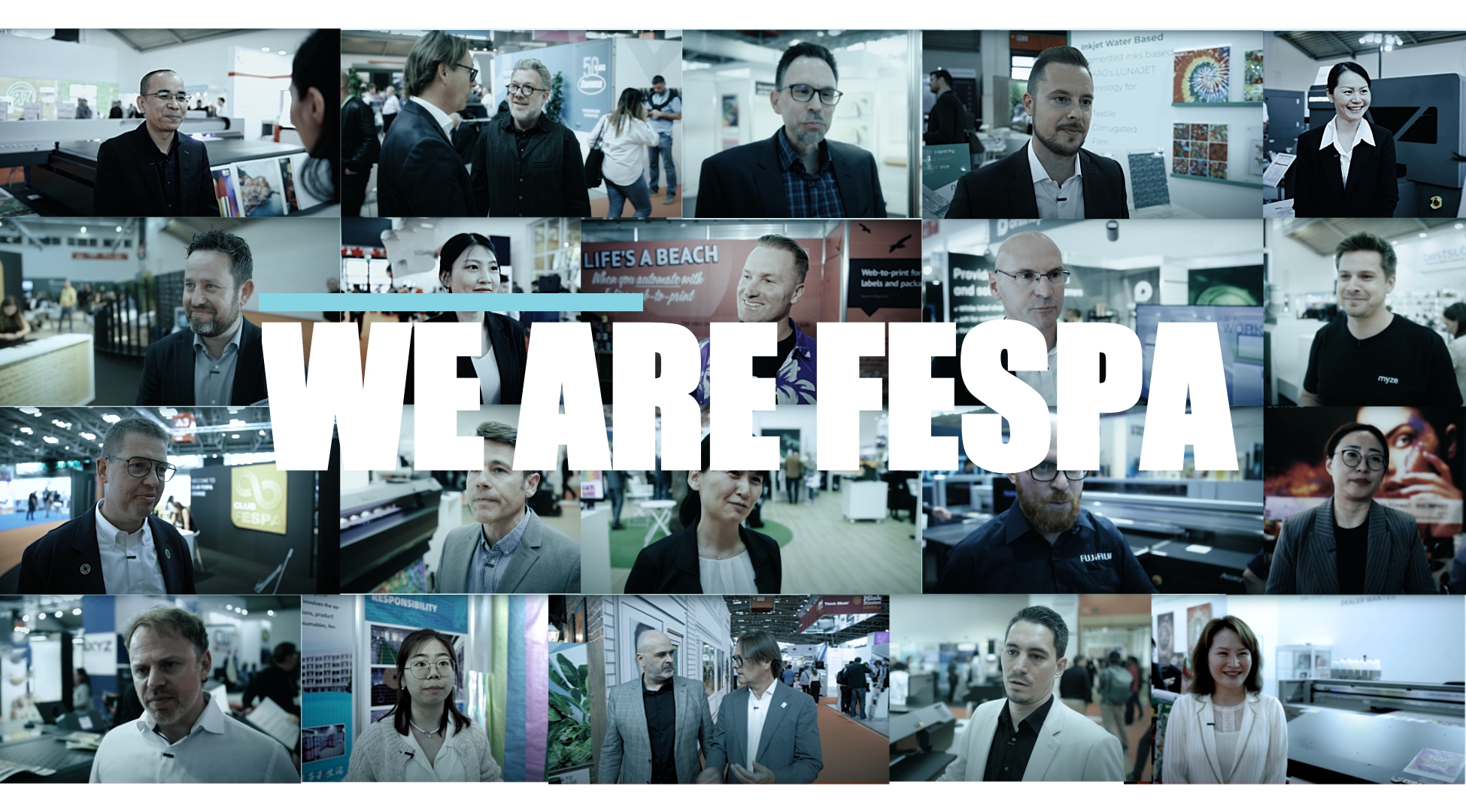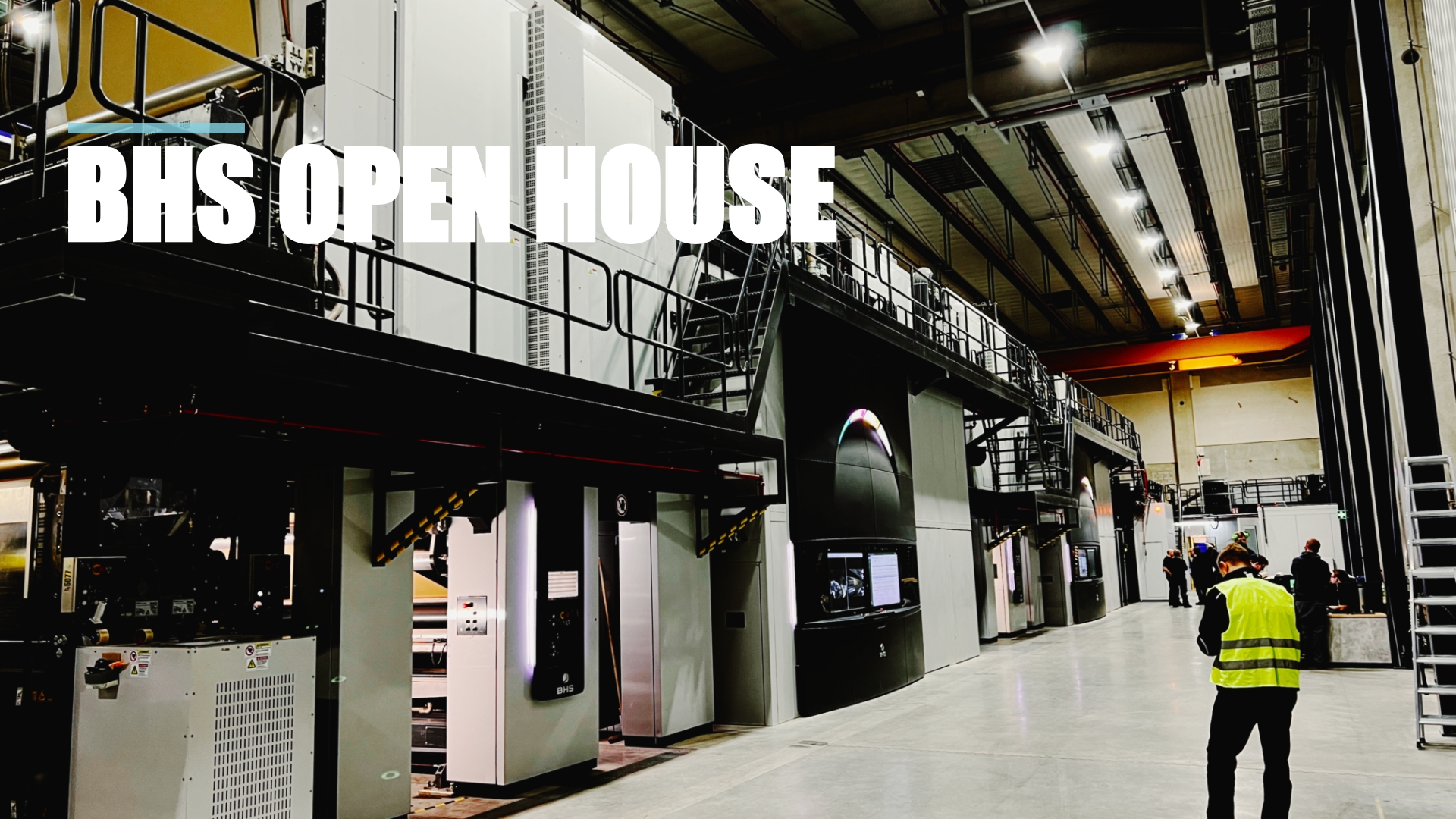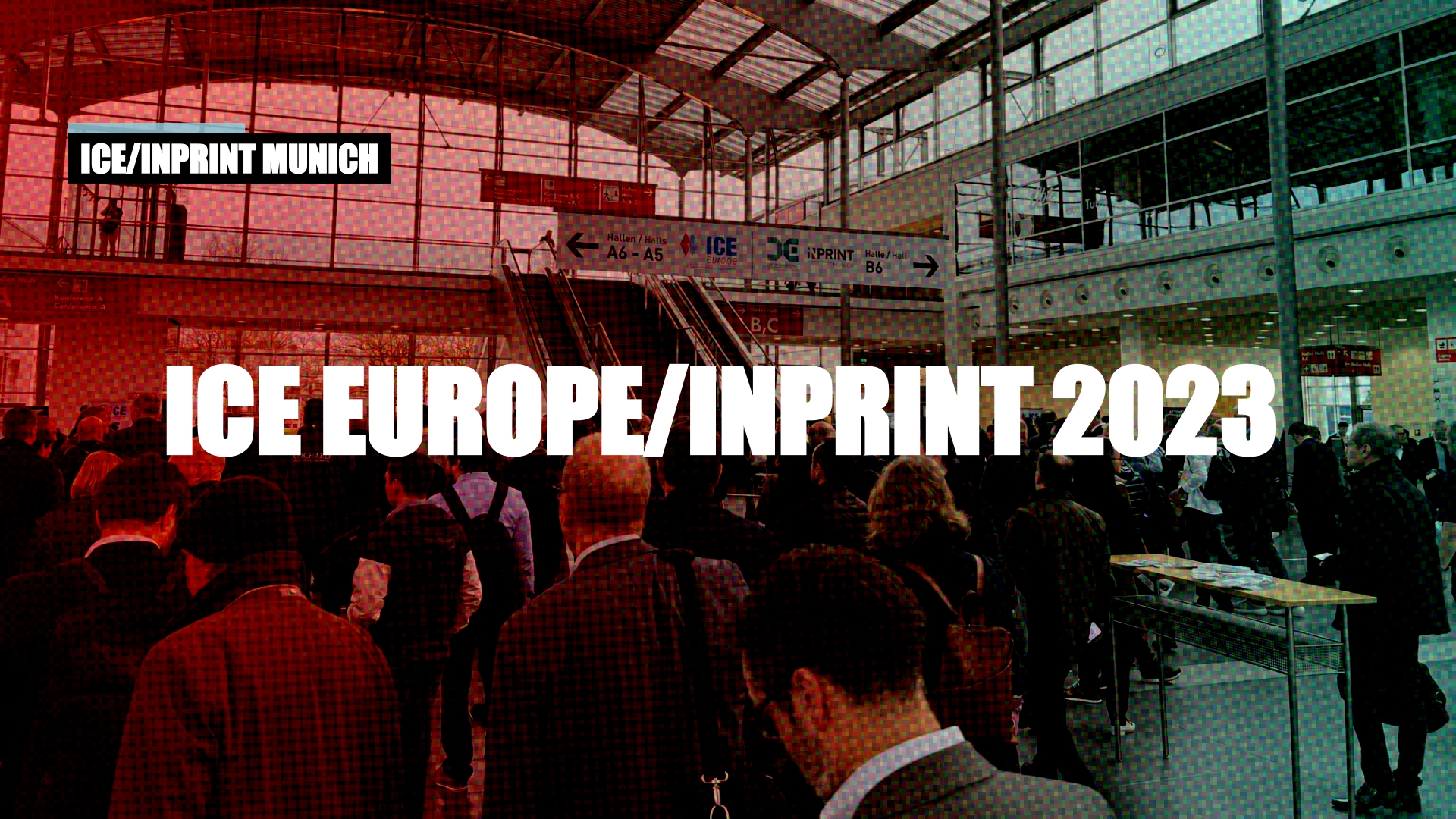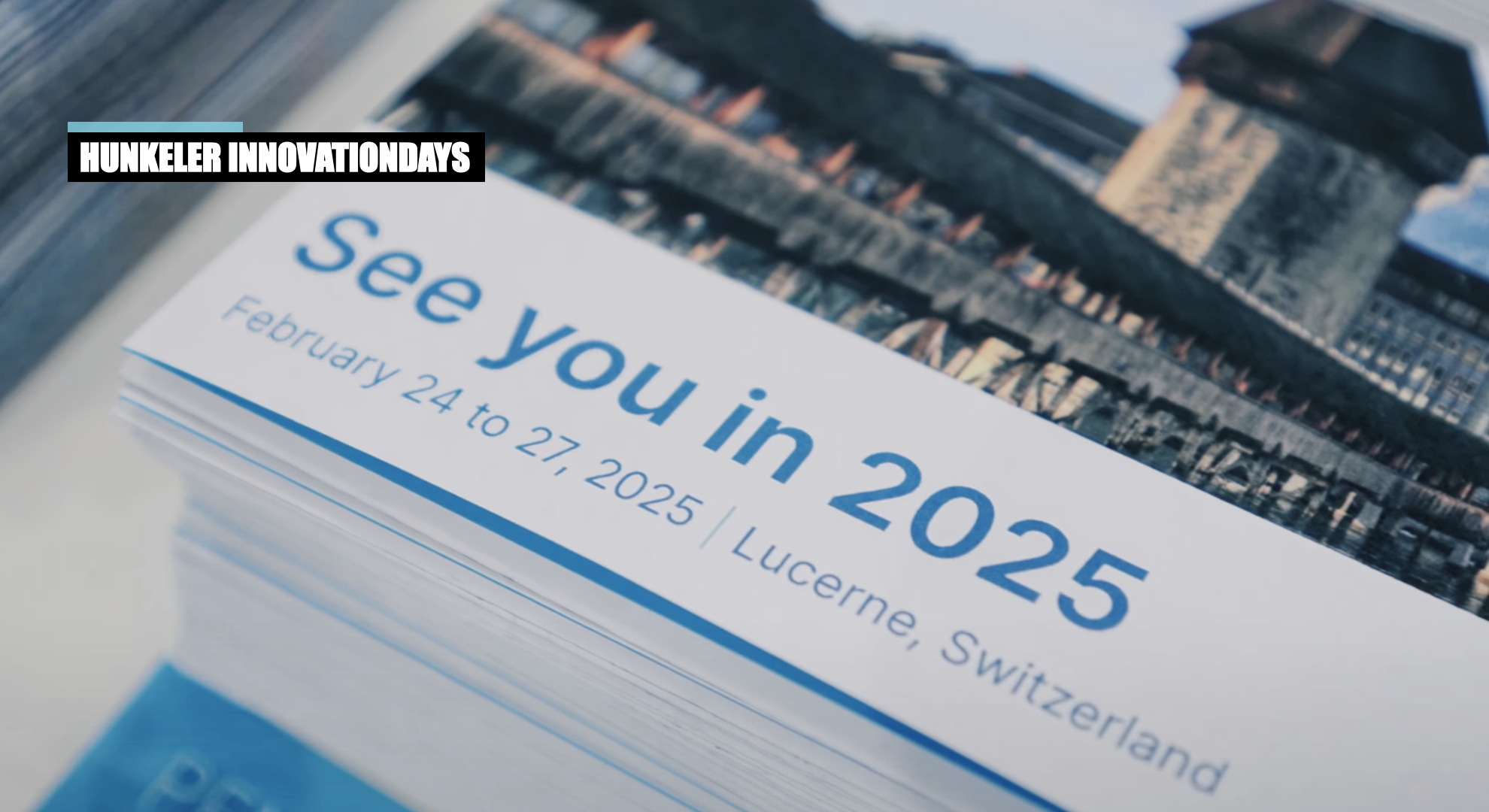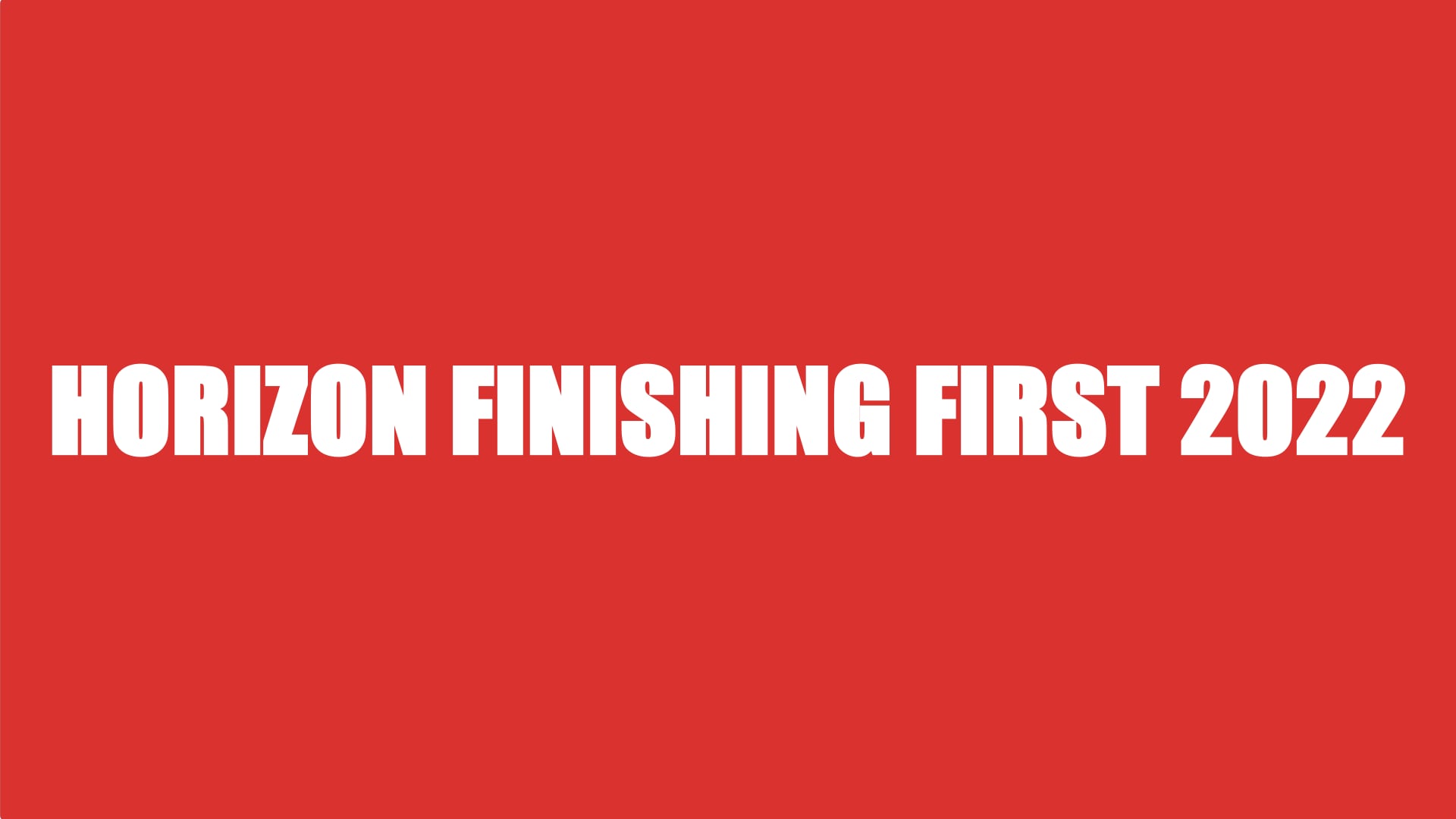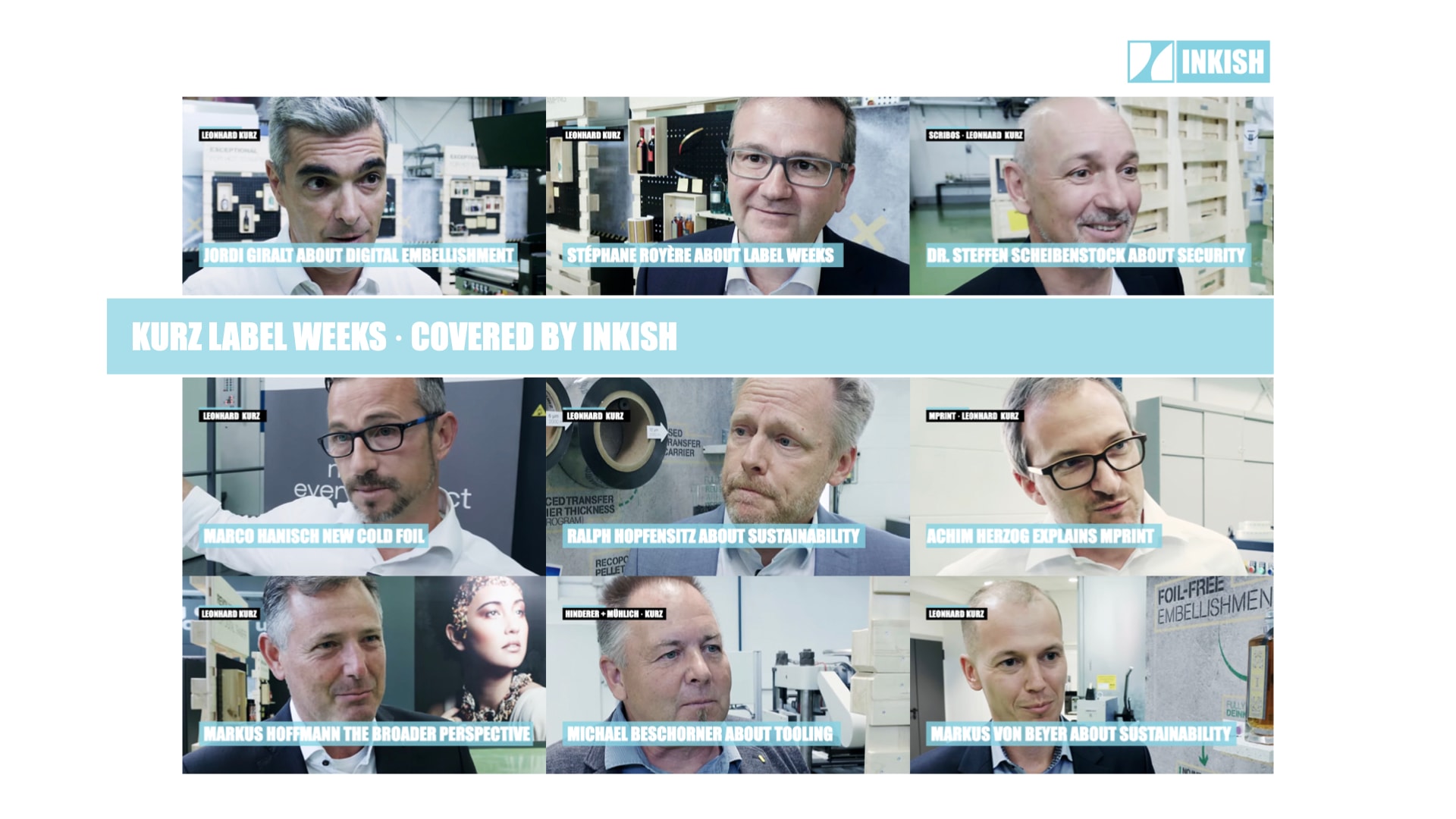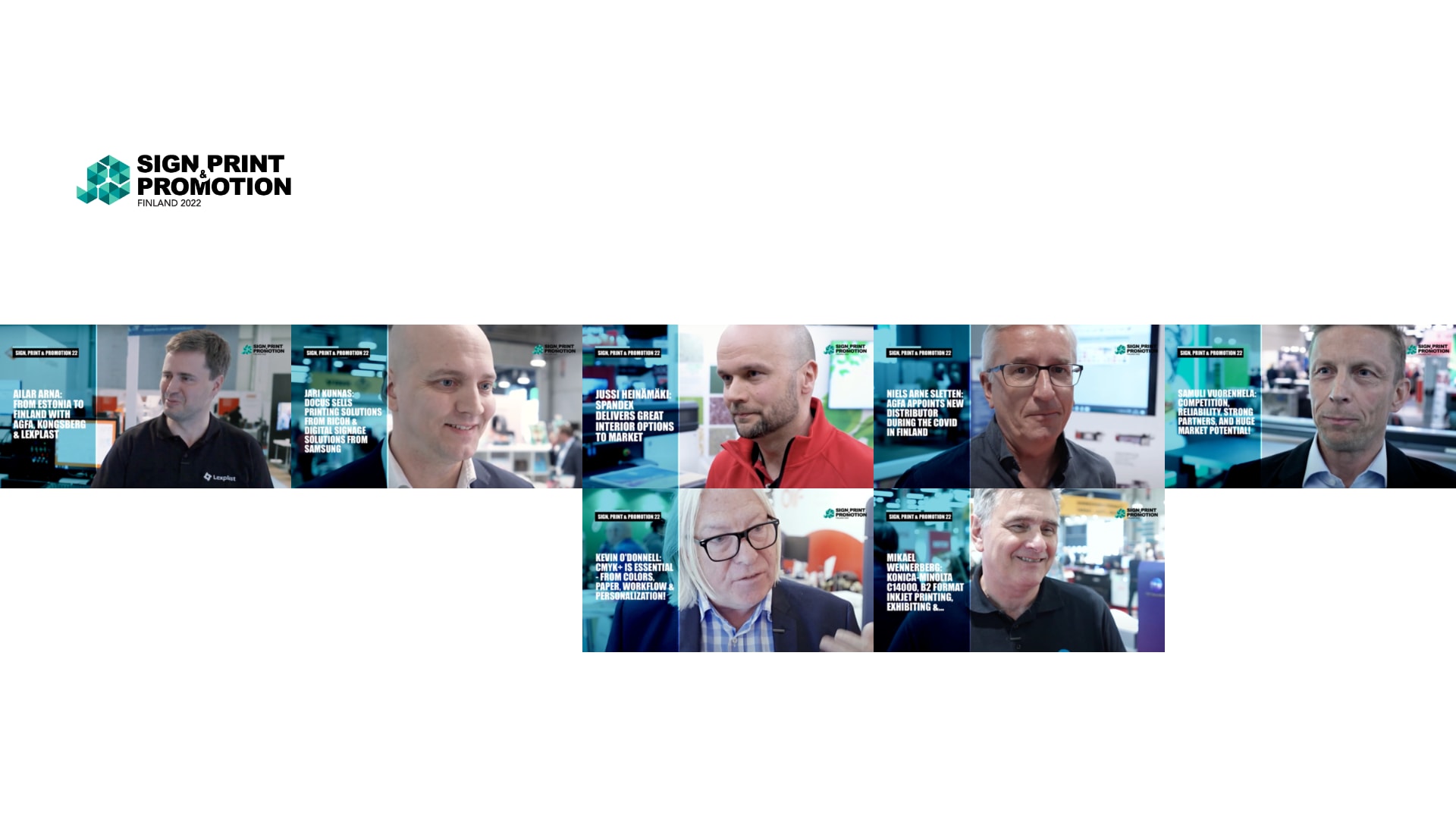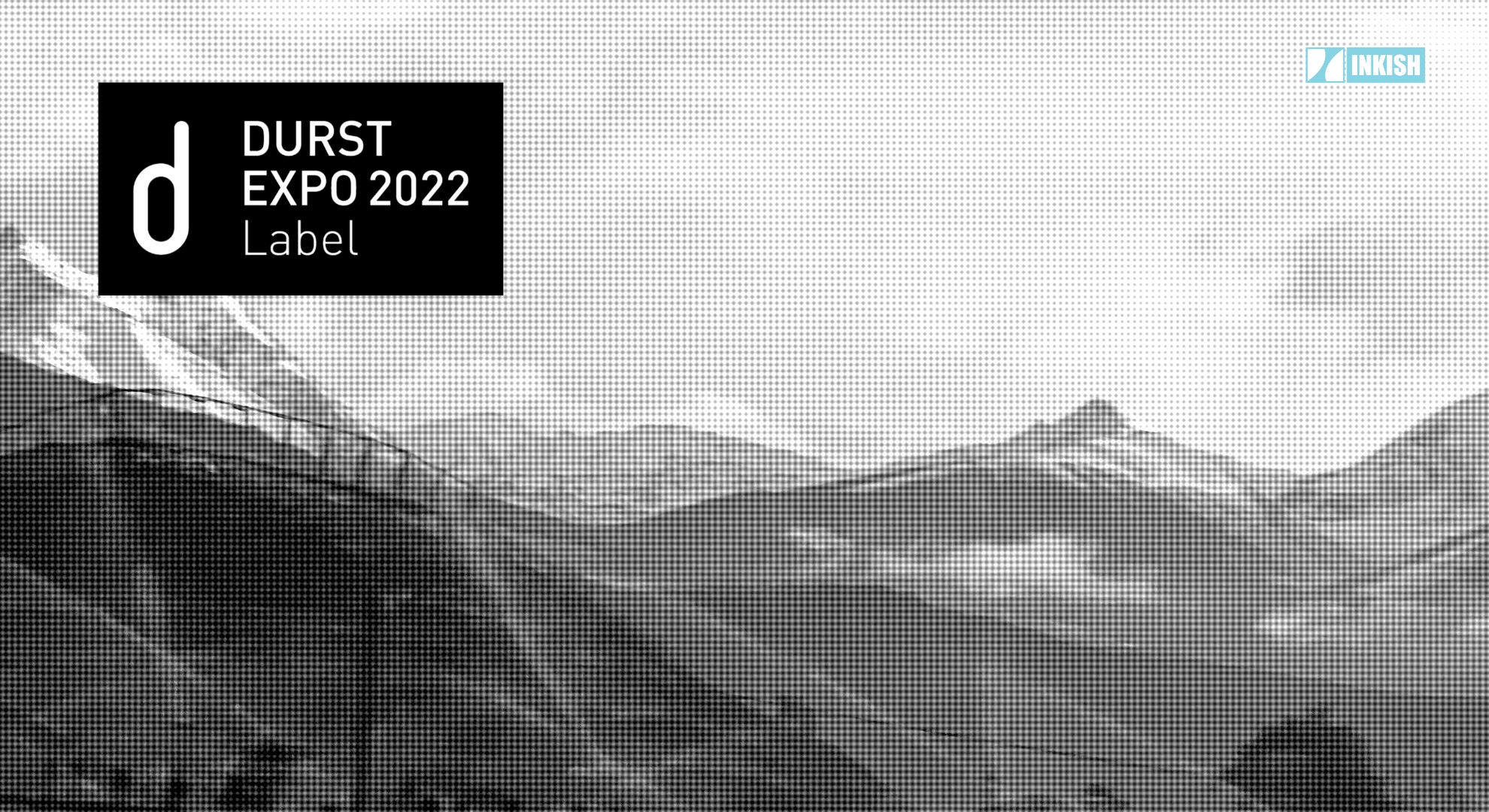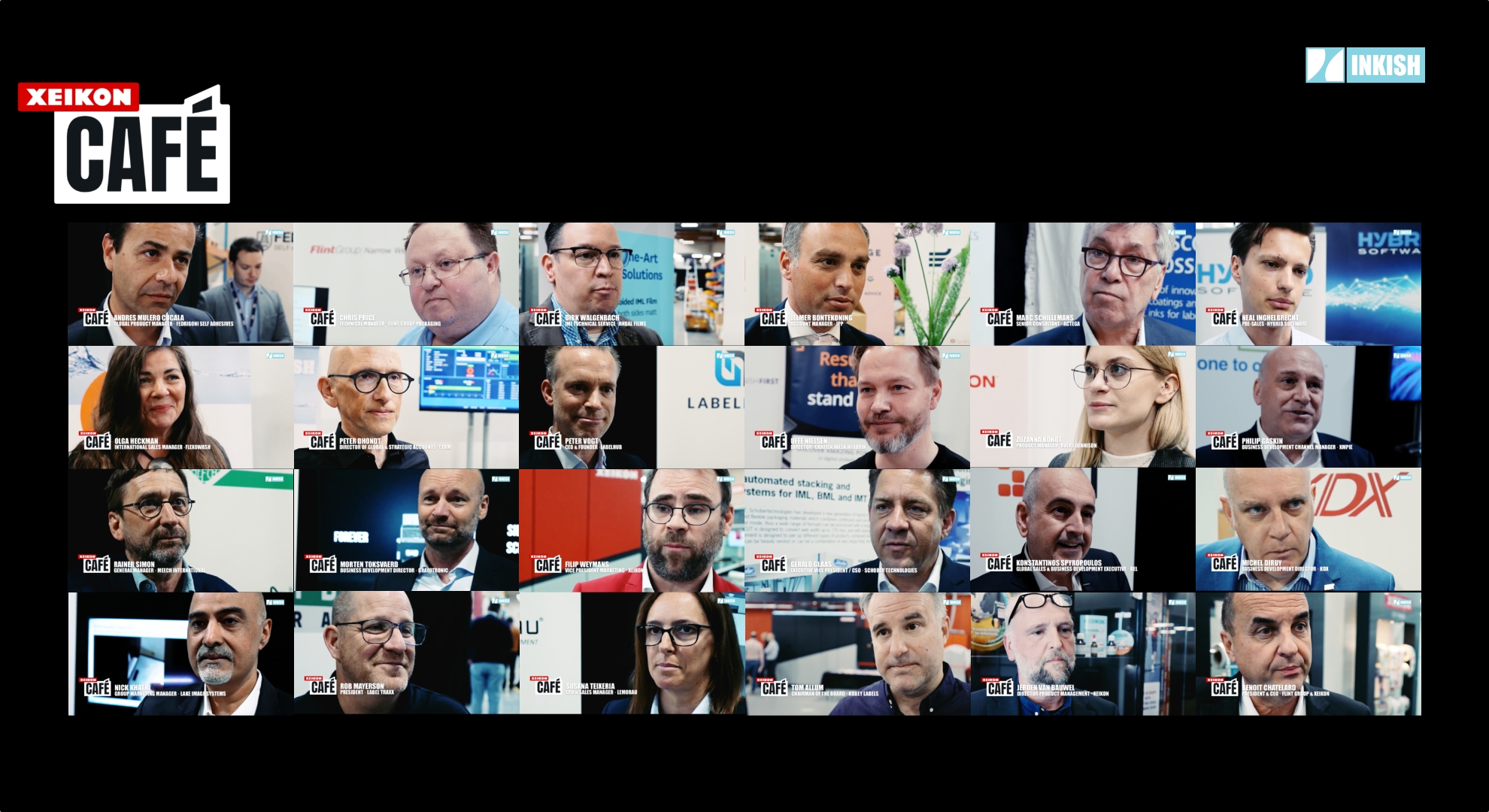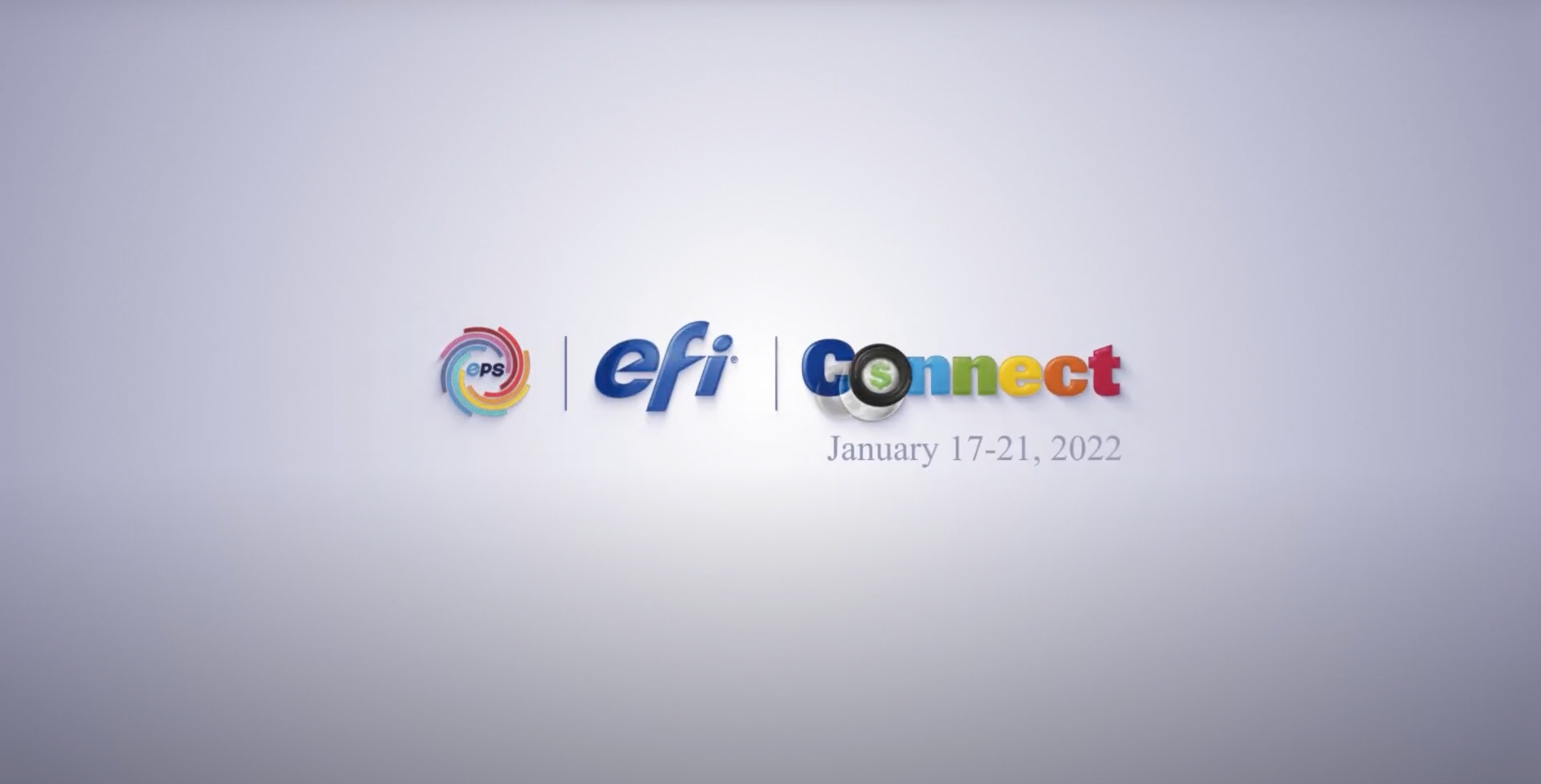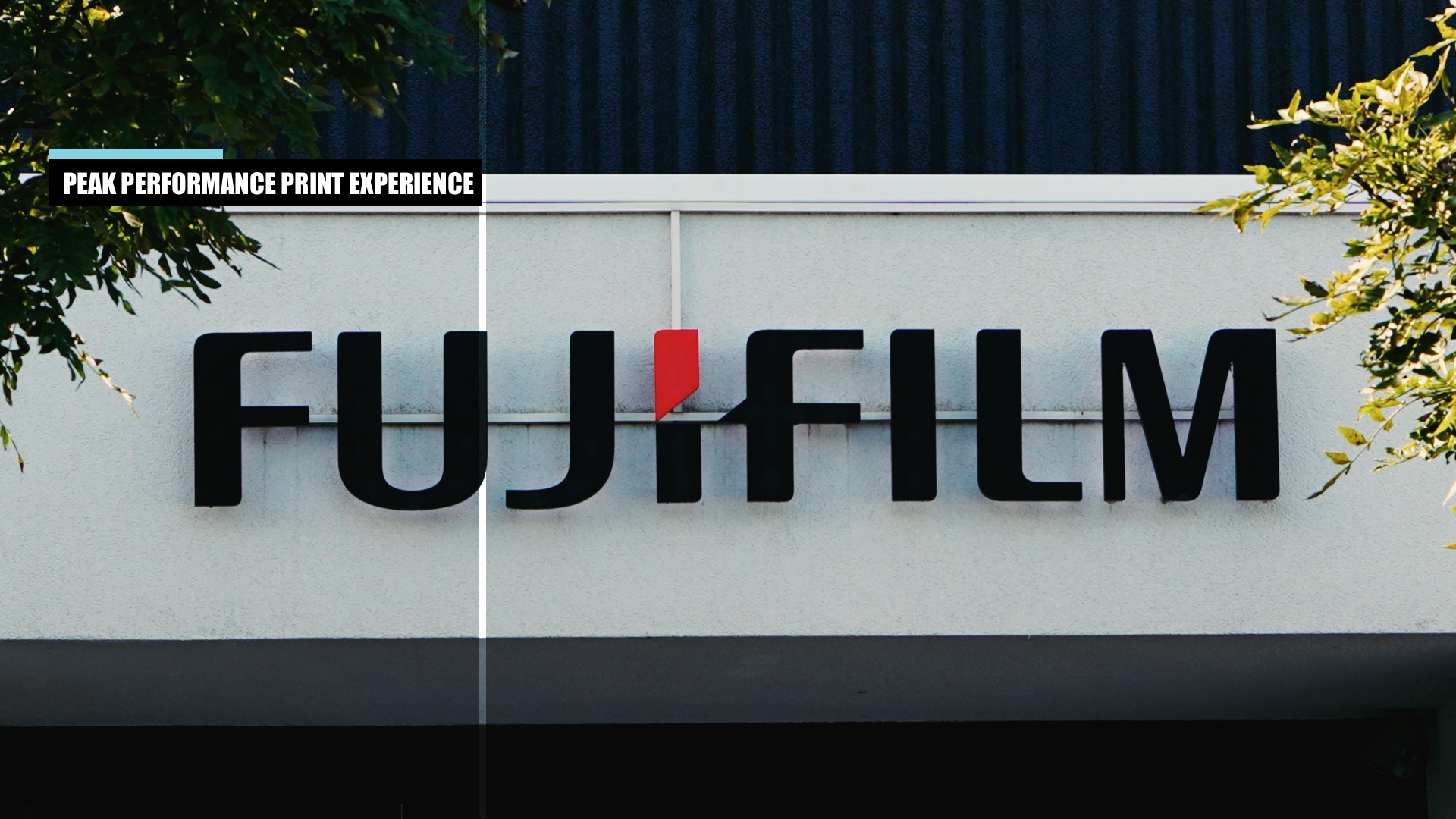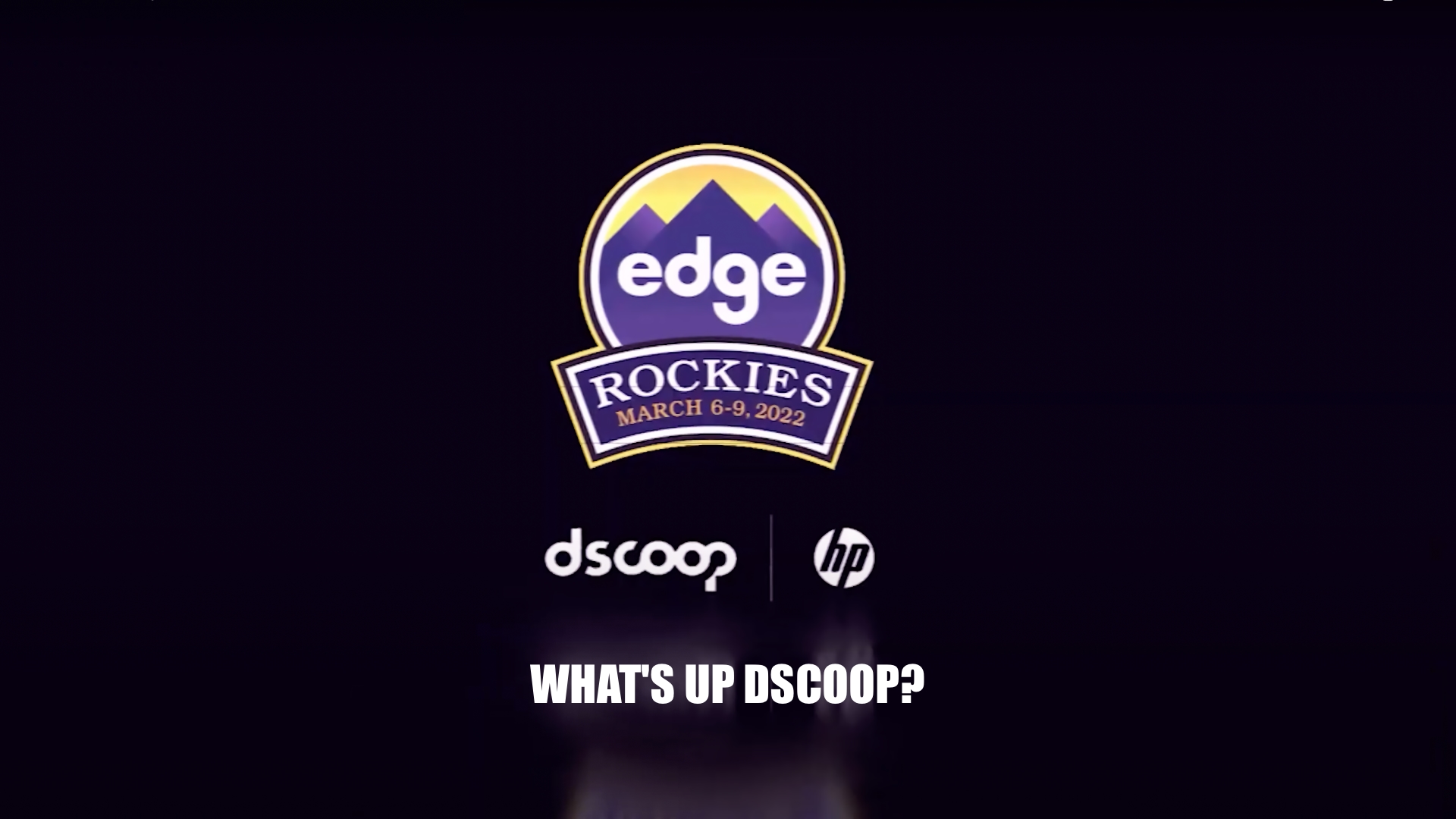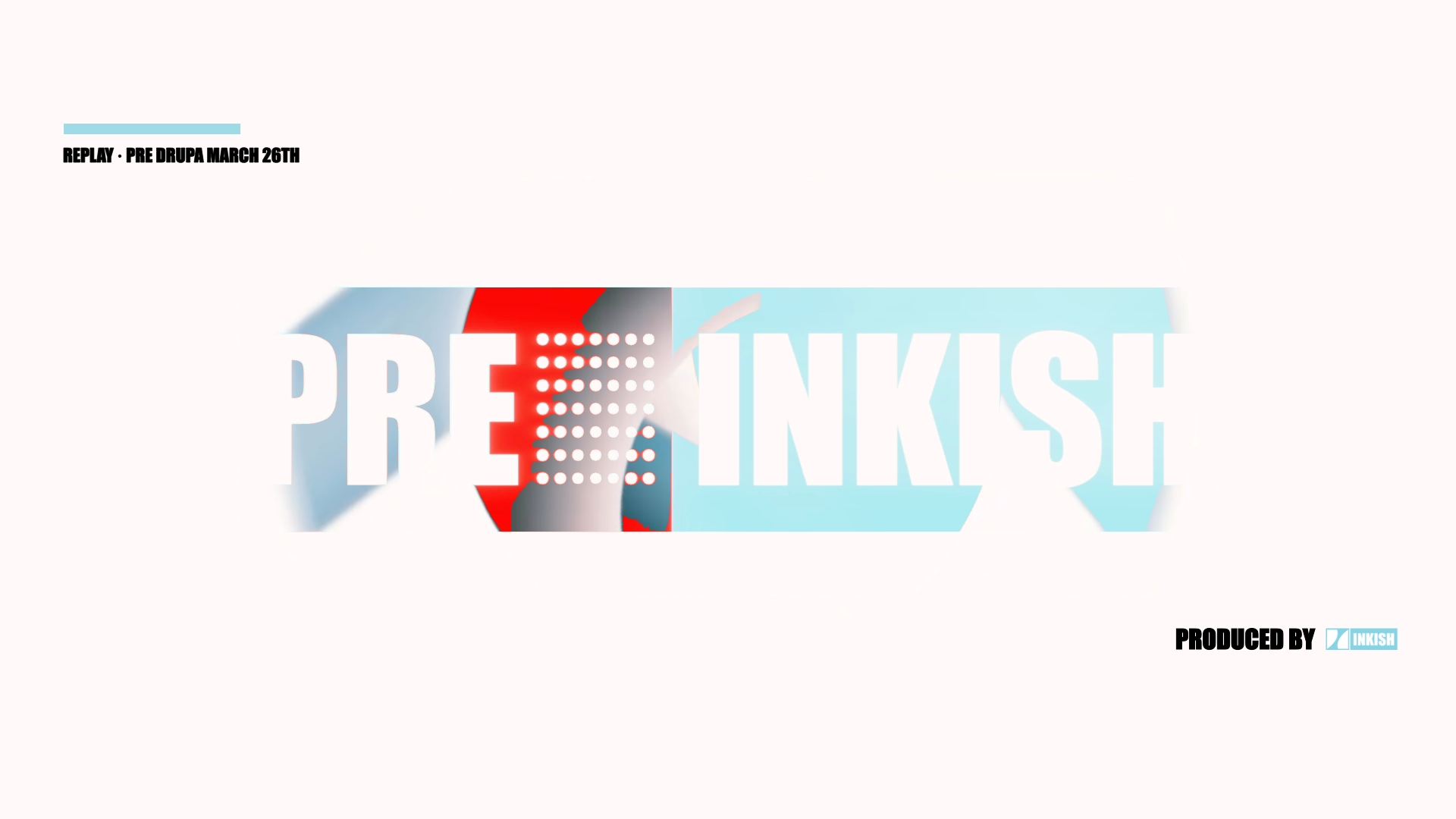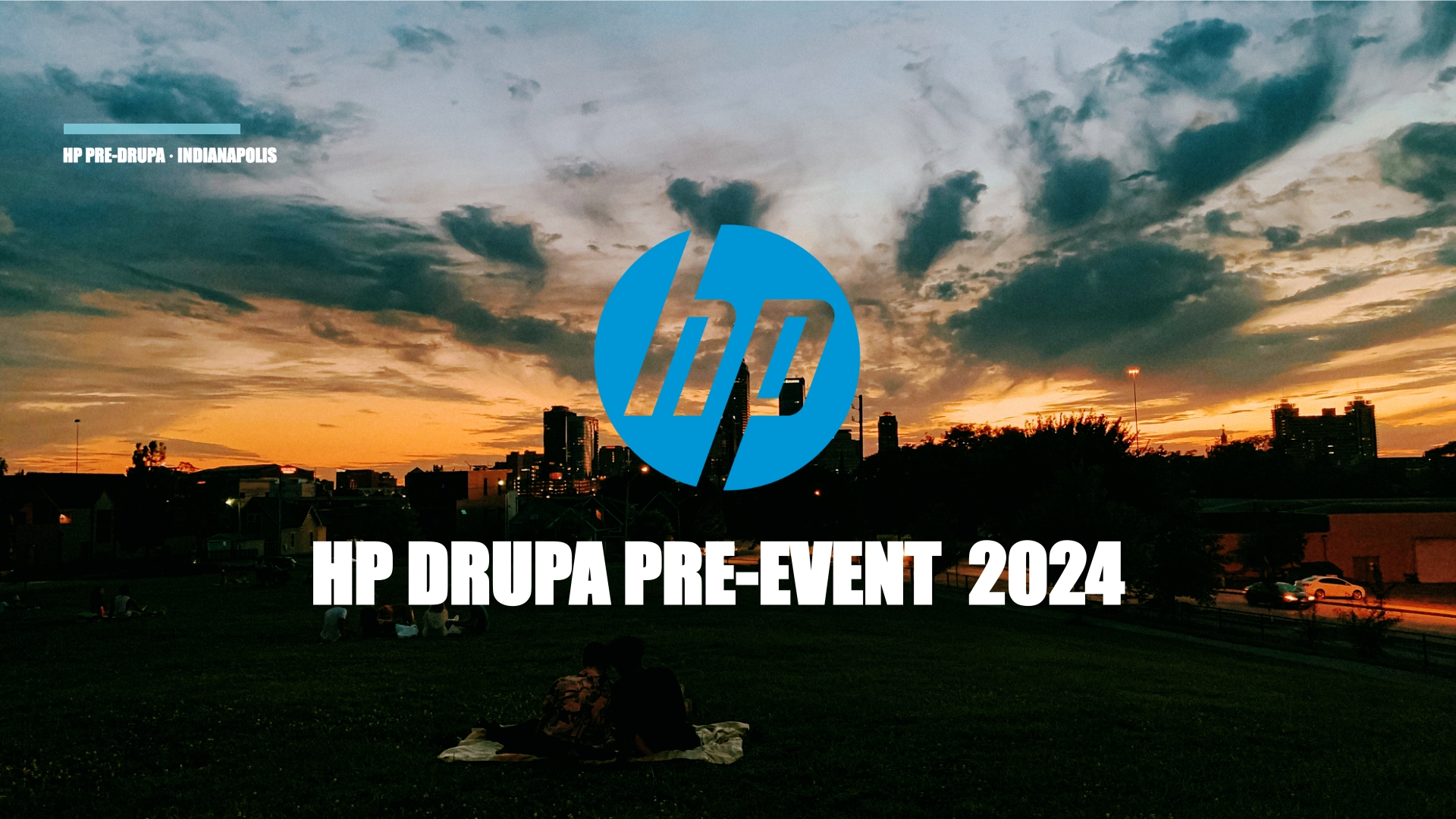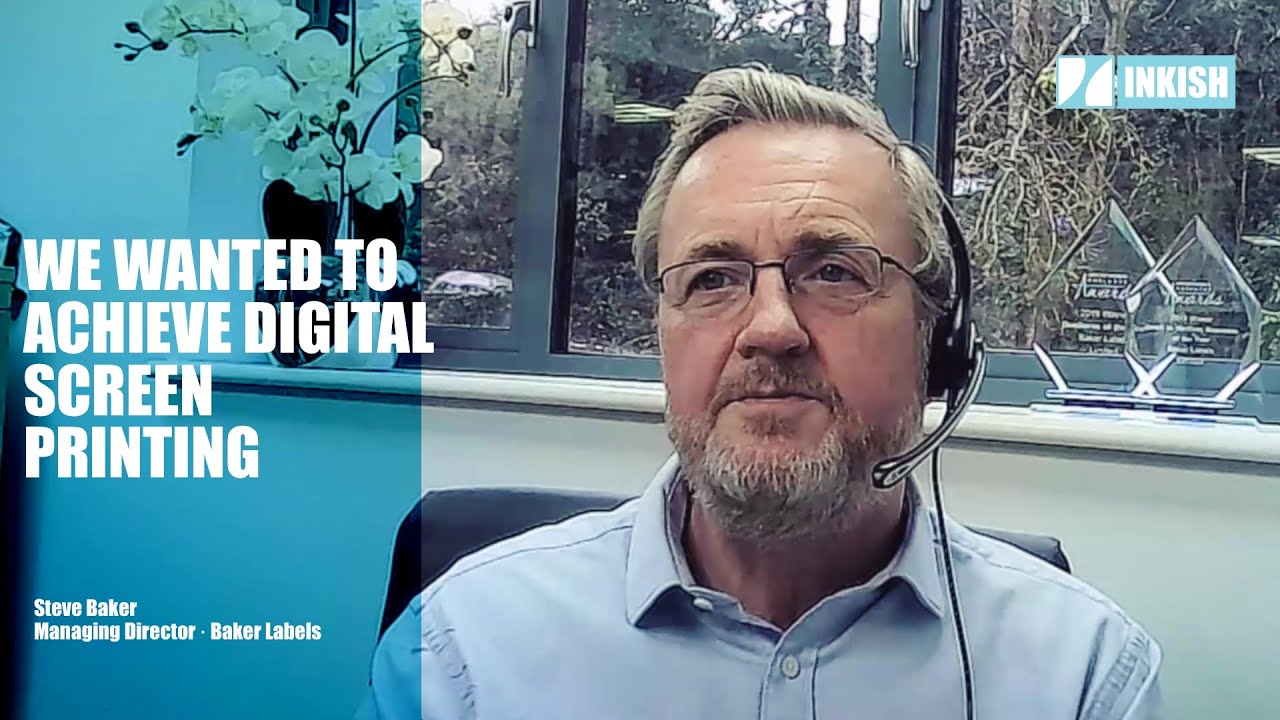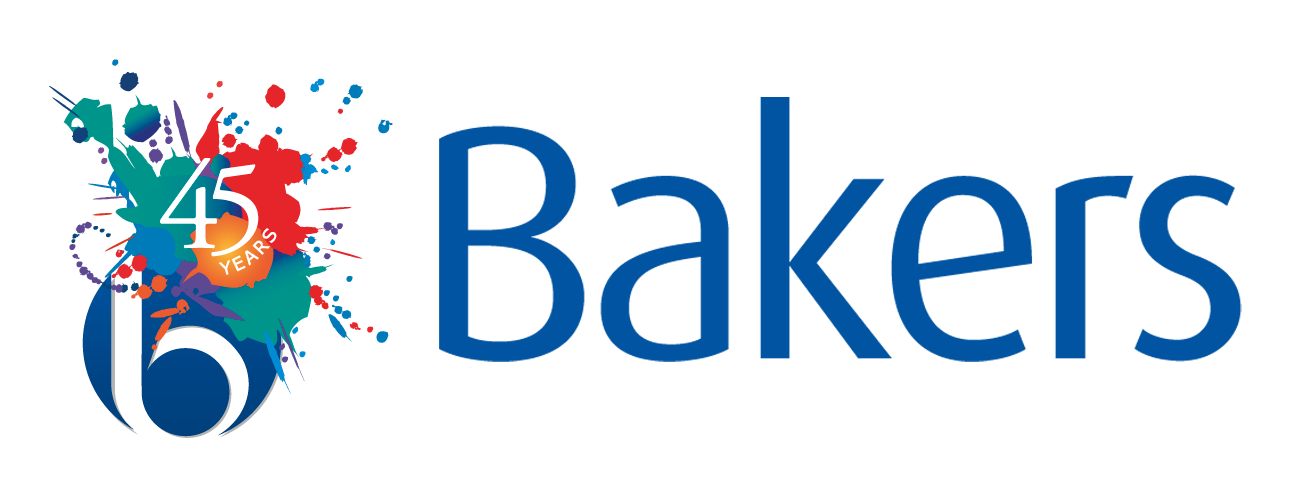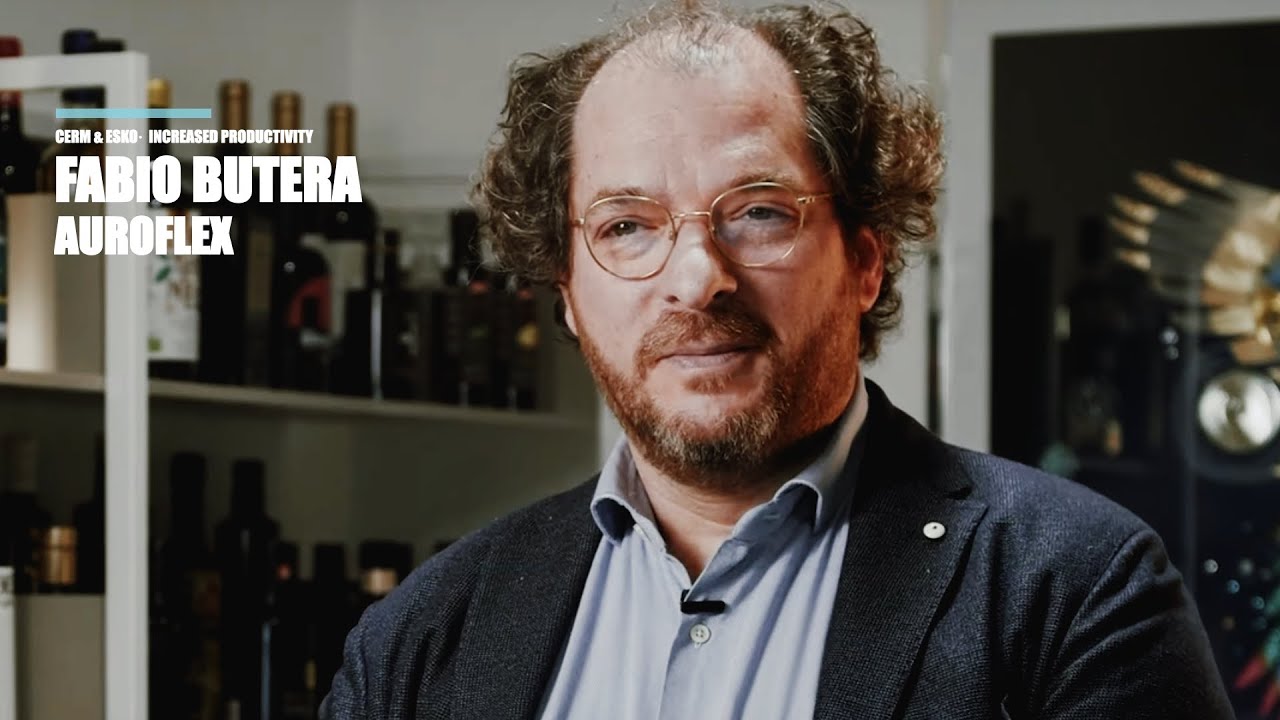Learn With Us · Steve Baker · Baker Labels
Baker Labels is a sub-contractor of labels to other printers and print professionals in the UK and, of course, operates with a lot of different types of equipment. In our Learn With Us Inkjet sessions, he explains why the Screen Inkjet has earned its place in Baker Labels.
Enjoy.
We’re primarily a self-adhesive label manufacturer. But we also have a material supply company. And we’ve recently have started up a BakPac. Which is a flexible packaging printing company.
What kind of company are you? You serve other printers right?
Our business is trade label supply. We’ve figured out very early on that our skill lies in the production side of things rather than in the sales side. We also found that there was a gap in the market where we were quite happy to invest in new equipment. We like new equipment. We like the excitement of the developments that go on in the industry and of course, the advantages. We don’t have a lot of expensive salespeople out there with their expense accounts and their vehicles. So that helps as well to be able to keep prices right and keep us competitive.
What kind of criterias do you have when you look into new technology?
We initially sort of try and think, where is there a need? So it’s normally something that’s causing us a bit… If it’s causing us a pain point, then it’s more likely it’s going to be the same thing for everybody out there. We don’t want new technology just for new technologies sake. You know, it’s got to be is this commercially viable? So is this is this going to be something that gives us a decent return? Is this going to be something that our clients will want or is it a bit of a gimmick? It’s keeping your eyes open and being very aware of what’s out there on the market and just plucking out the right things, really. That that’s sort of the skill, I think.
How come you decided to invest into Screen?
More people were investing in HPs at that time. So if I’m going out to trade people and say: I’ve invested in another HP. It’s like: Well, that’s great, but what does it give us? We were looking at Inkjet because what we wanted to achieve was digital screen printing. Because that opens up a different market segment, you know? Yes, the HP is very good. But at that time, particularly, there were some weaknesses in the whites, the strength of the colors, the brightness. And also that look and feel of a label. So if it was a health care label going on to shampoo, something like that. Clients like to have that screen-print finish. So we were looking at a digital press that would give us something different that we could go to our existing digital people with. Rather than just say: Yeah, we’ve got more capacity.
Do you make money with the equipment and did it live up to your expectations?
Yes, yes, it did. There’s been some challenges along the way. Because, again, being an early adopter of equipment, you do have those challenges. Everybody’s sort of learning and finding their way in the market. With us is more it helps us to secure the accounts, you know? Because if you’re working with trade, if they have a need for something, if you can’t supply it, they’ve still got that need. They’re not going to compromise and say: Oh, well, that’s okay. If that’s the best you can do, then we’ll accept it. It is the fact that, you know, they will find somebody else to do it. So has it made us money? Well, any any press that comes in, you know, obviously makes us money. Otherwise we wouldn’t be where we are. So that continues. But I think the fact that, you know, we then bought a second one tells you whether we were happy with it or not. So Screen have obviously made a lot of changes since we purchased our first one. But it isn’t proper thought out timed developments, you know, so they make sure that by the time the product comes to market, it’s already got those. All the best stuff is in it. So, you know, you’re not going to keep having different versions of it coming out. Or feel that you’ve been superseded, you know, three months down the line. So, you know.
How important you think Screen is in your future development of Bakers?
I think they play an important role. You know, looking into the hybrid presses that are being developed now, that’s more likely at some point in the future. That will be the route that we will possibly go down. And we will be one hundred percent talking to Screen. I’m not saying that that’s a given, you know, because, you know, when it comes to the time, we will still make the right decision on what’s happening. And there are advances. But I like the fact that, you know, the label presses in one sense, it’s not there be all and end all of business. You know, they’re a very big manufacturer in other markets. So, you know that they’re a long term business and they’ve got great foundation and they’ve got a good ethos. And, you know, we get a very good response, you know, if ever there is a problem. But, you know, touch wood. I can say, you know, we have we have very few problems. You know, the engineers don’t really tend to come here very often. I even dance the fact that our main operator is only 22. And he comes in six o’clock in the morning and knocks the work out, straight, he’s up, he’s running, and the work just churns and churns and churns. You know, he’s he’s one of those guys that just wants to be busy. And he’s got the machine that keeps it going. So as a boss that’s what you want. And you just want to see your machines running. You know, as we always say here: You’re only earning if the presses are turning. So it’s, you know, that’s what we want. And Screen gives us that. So, yeah, very impressed.


